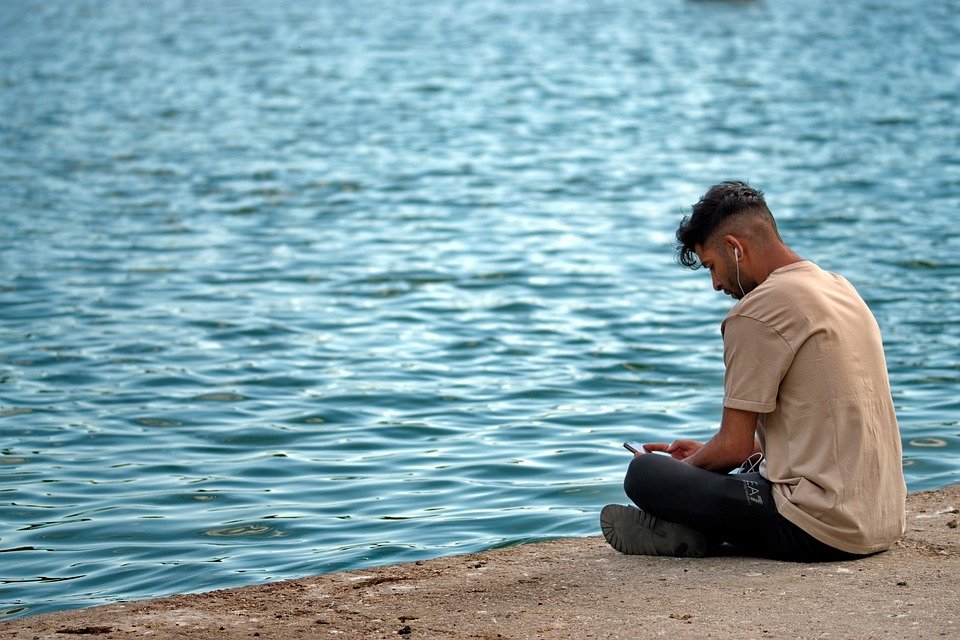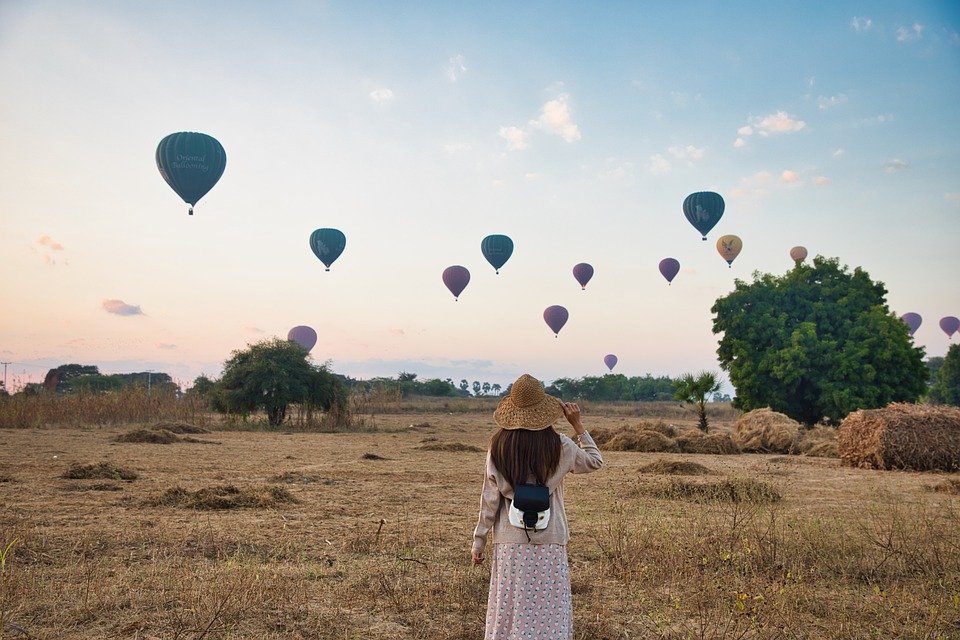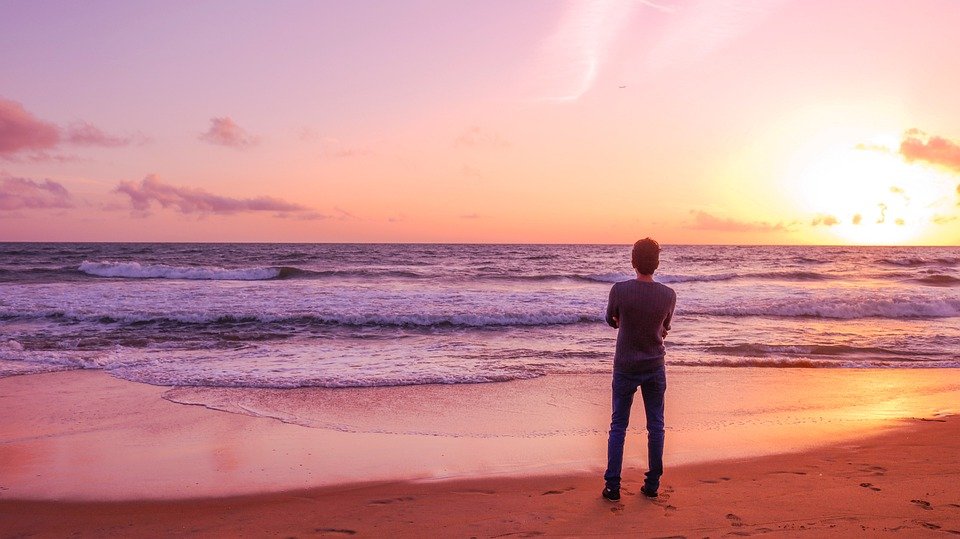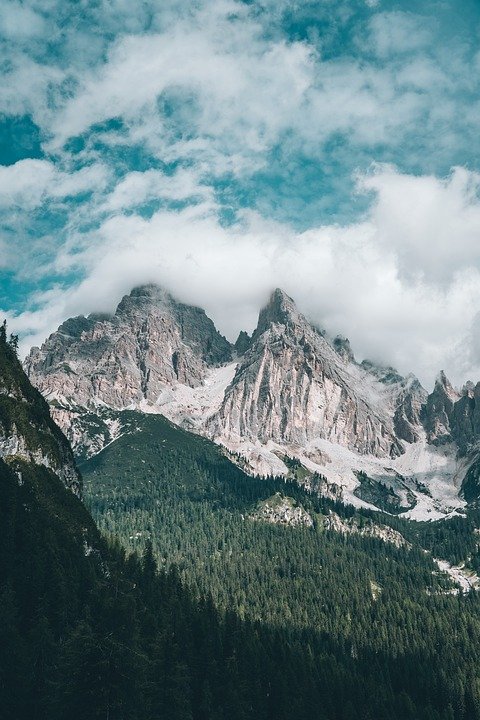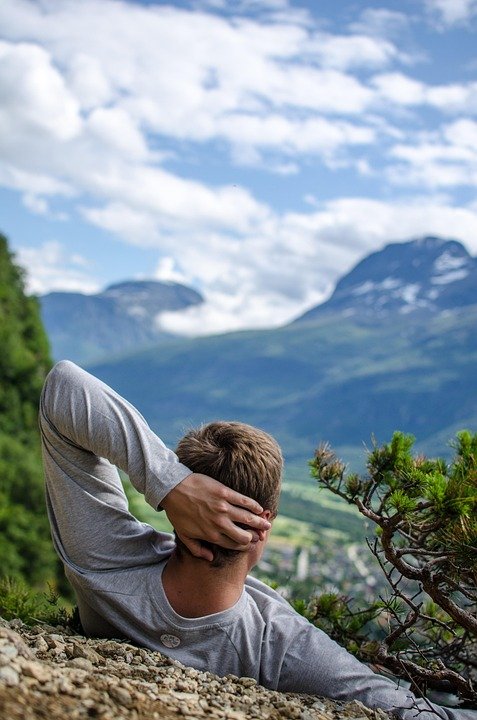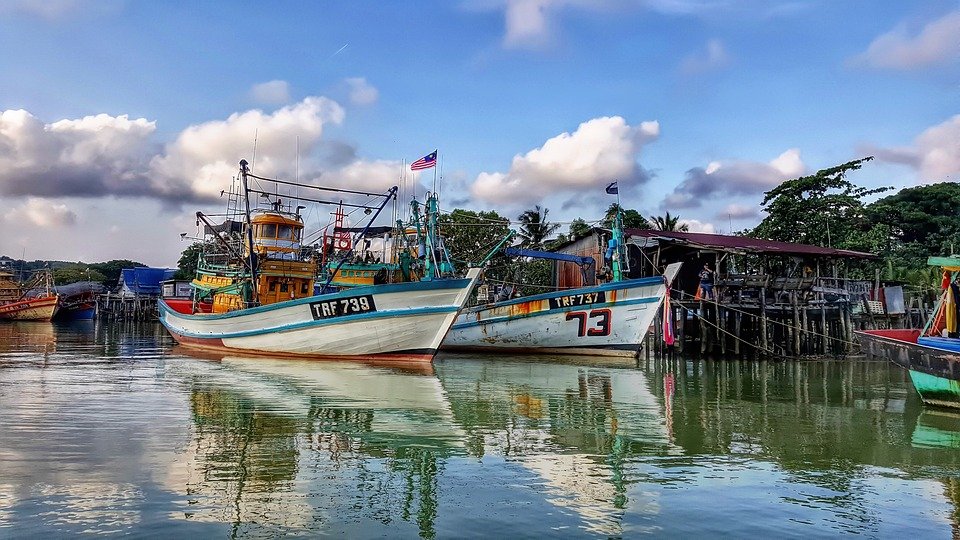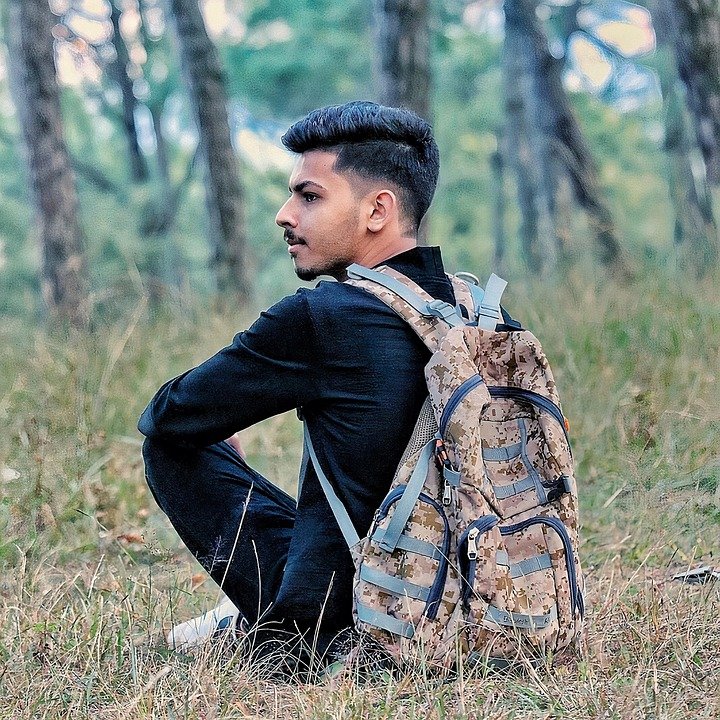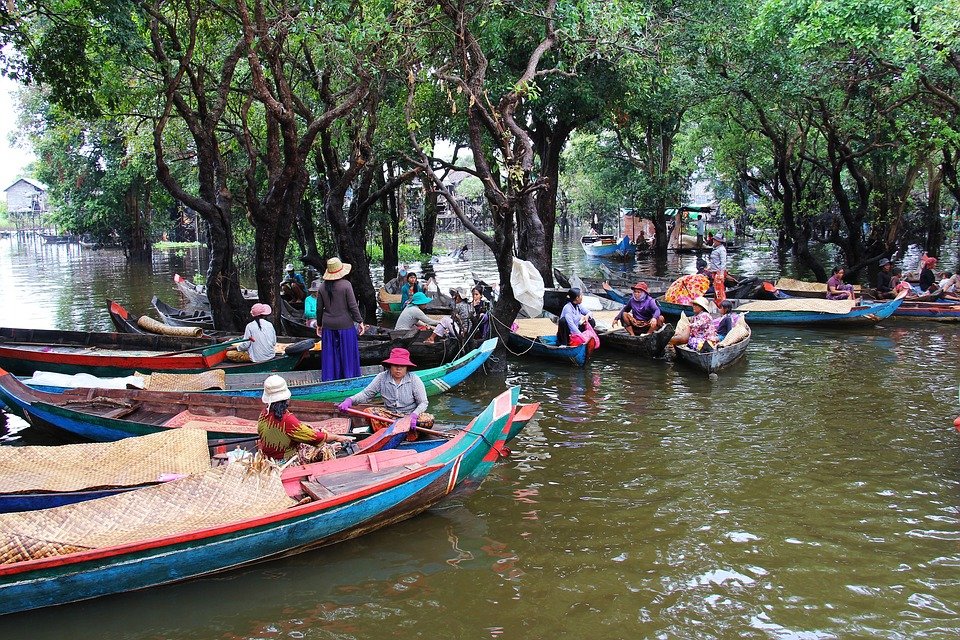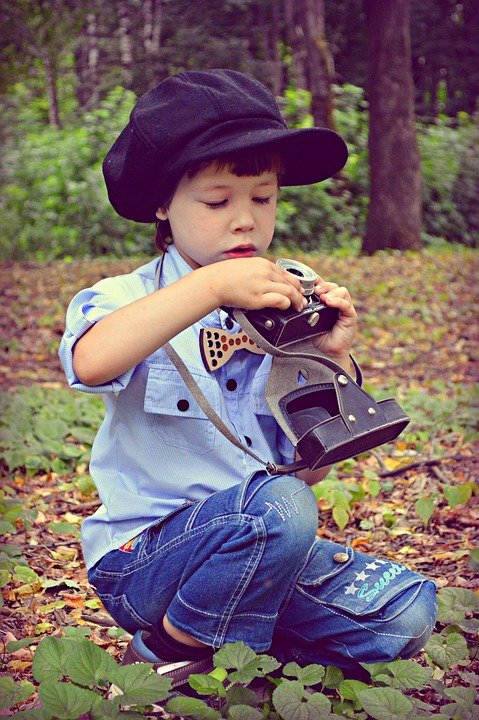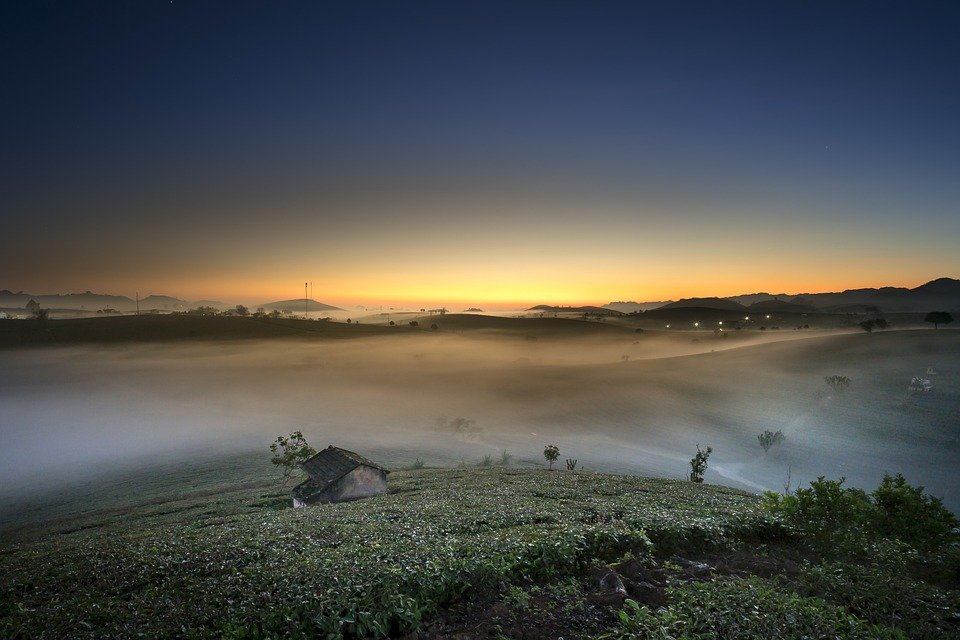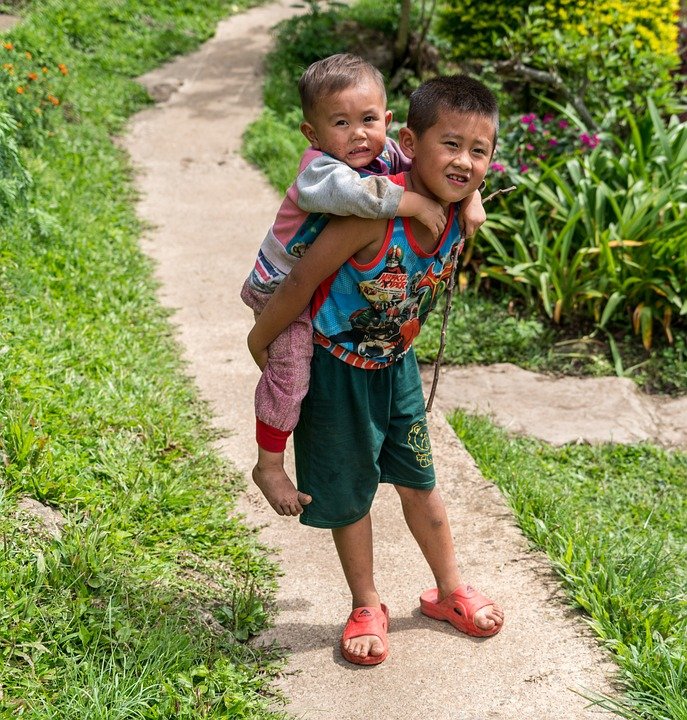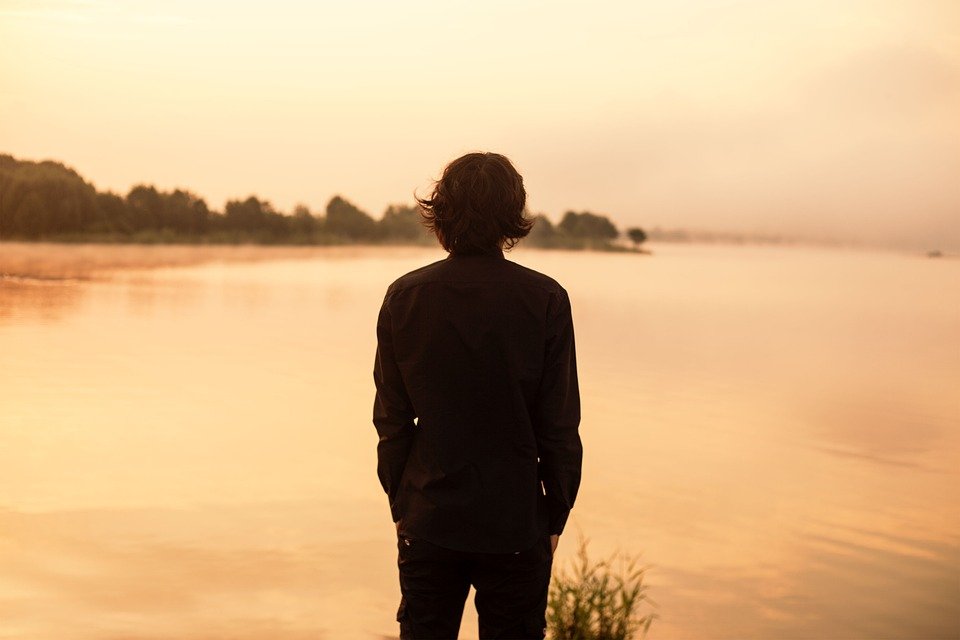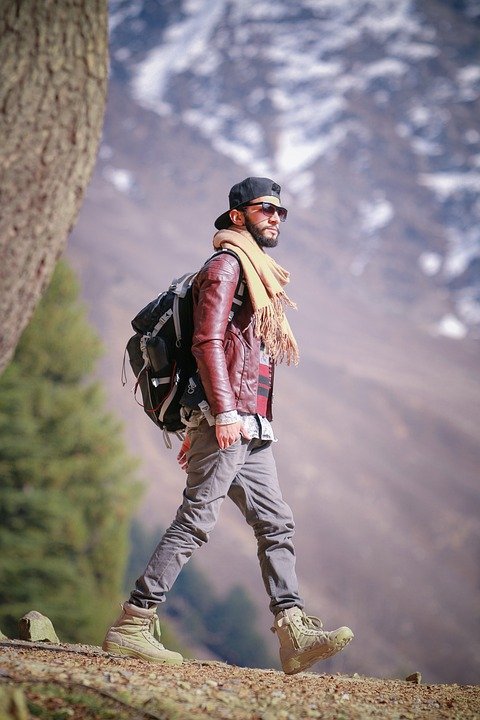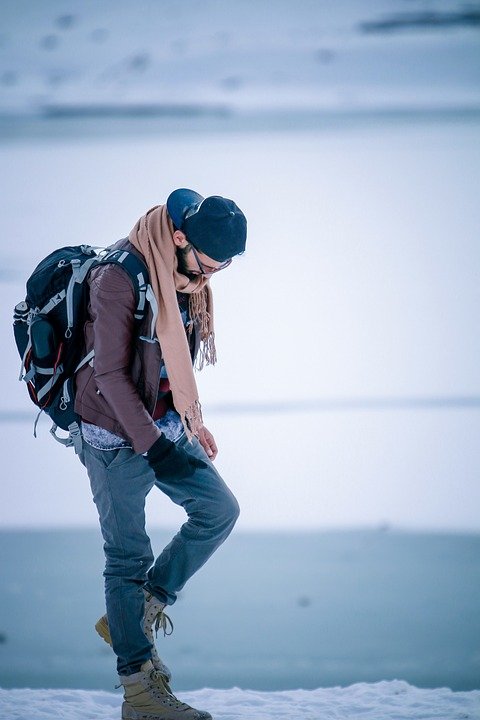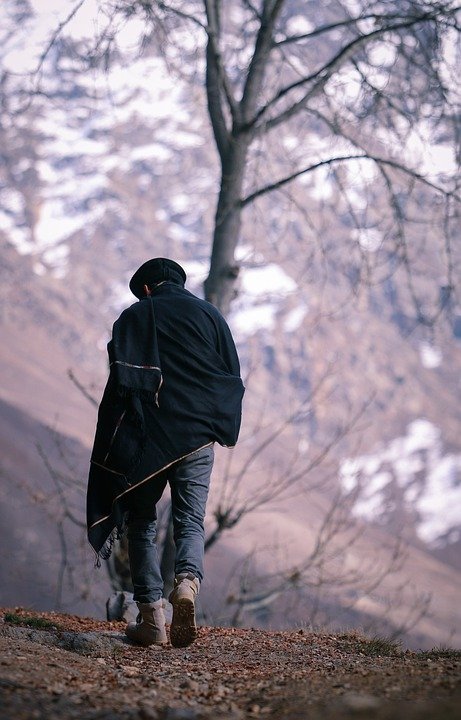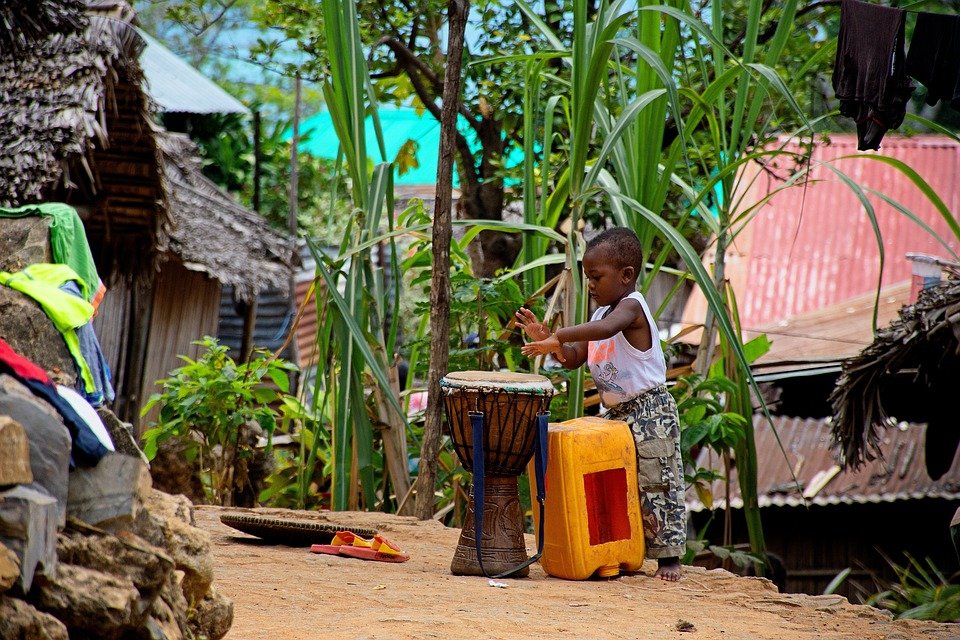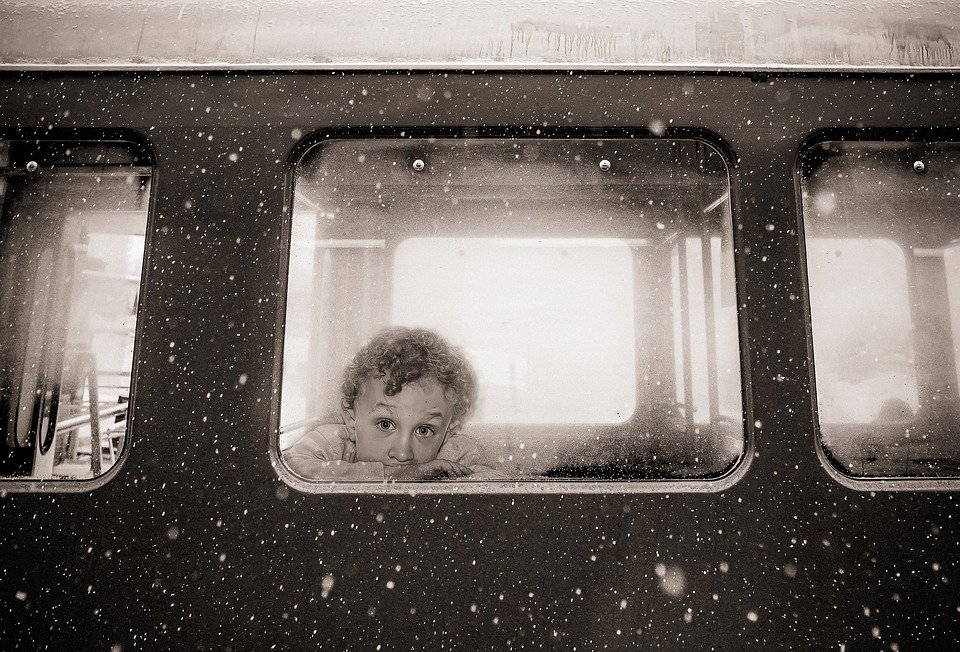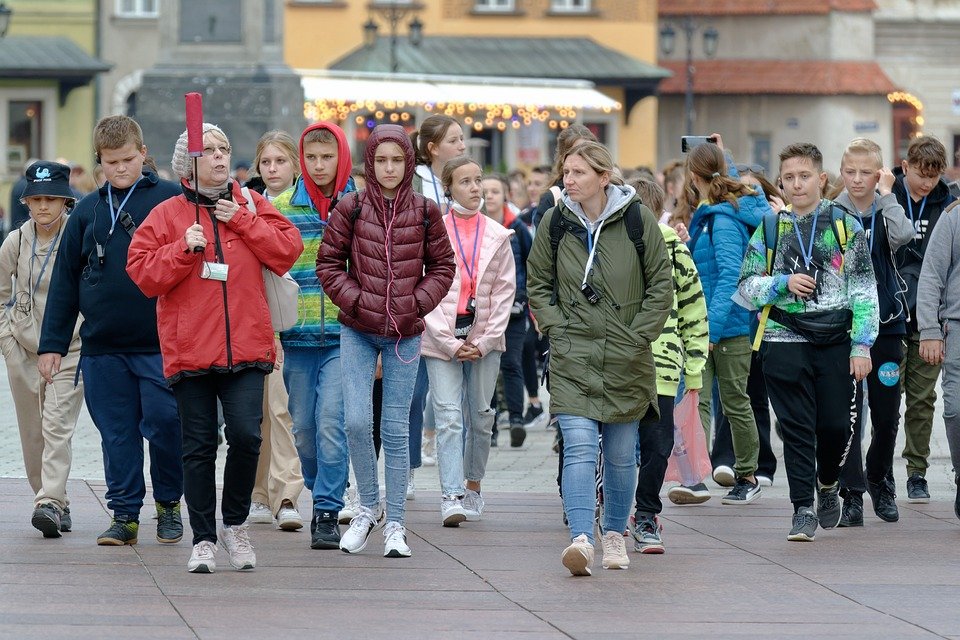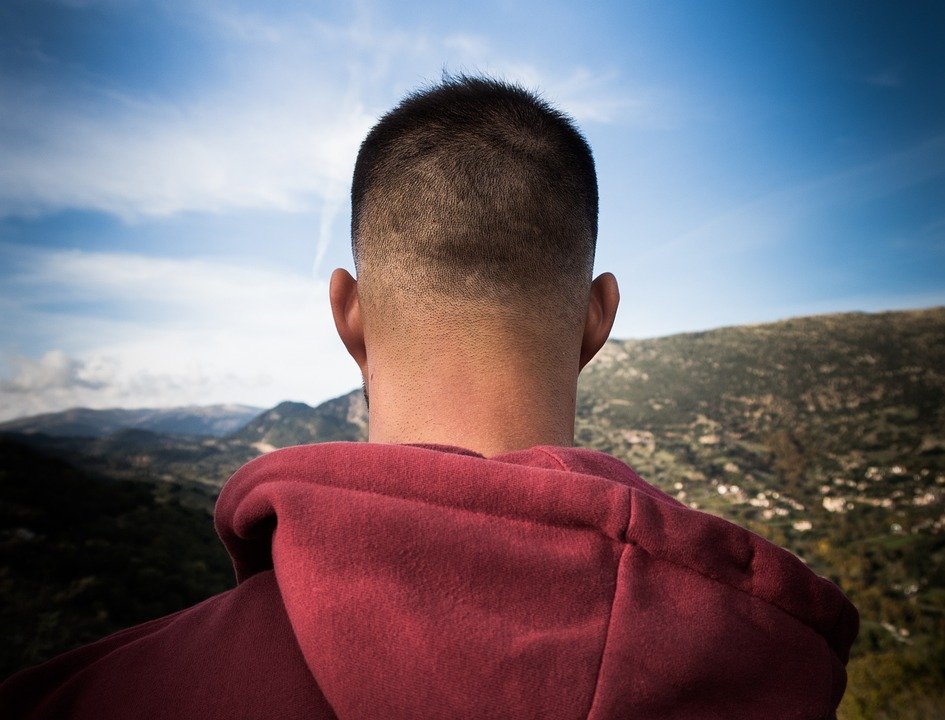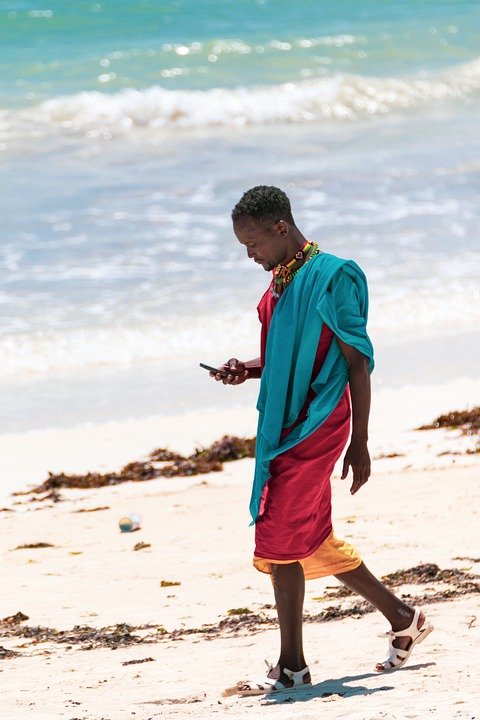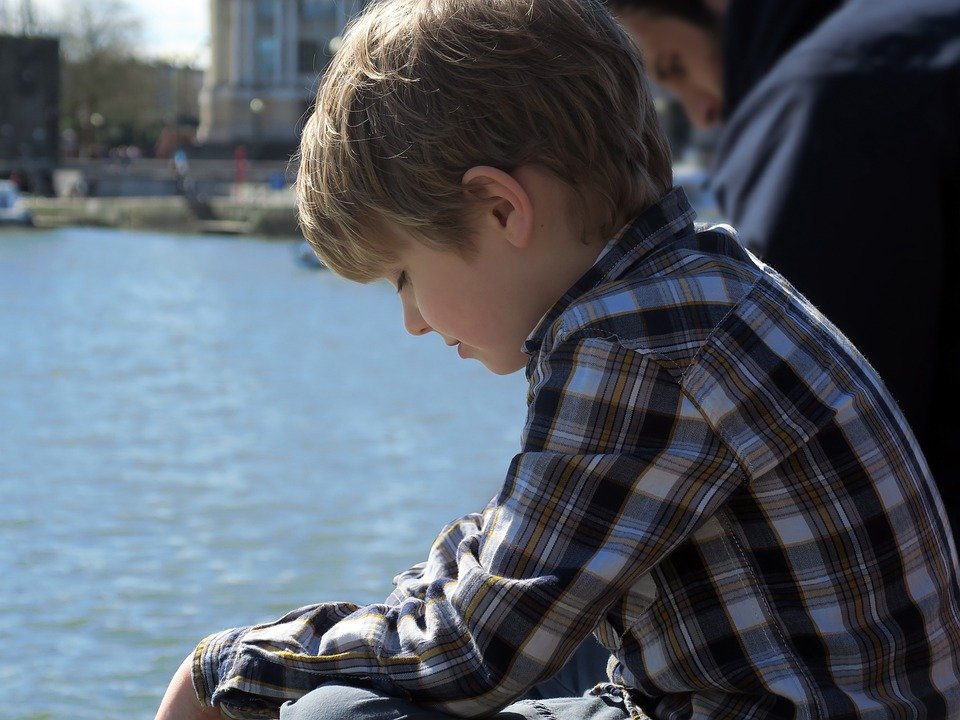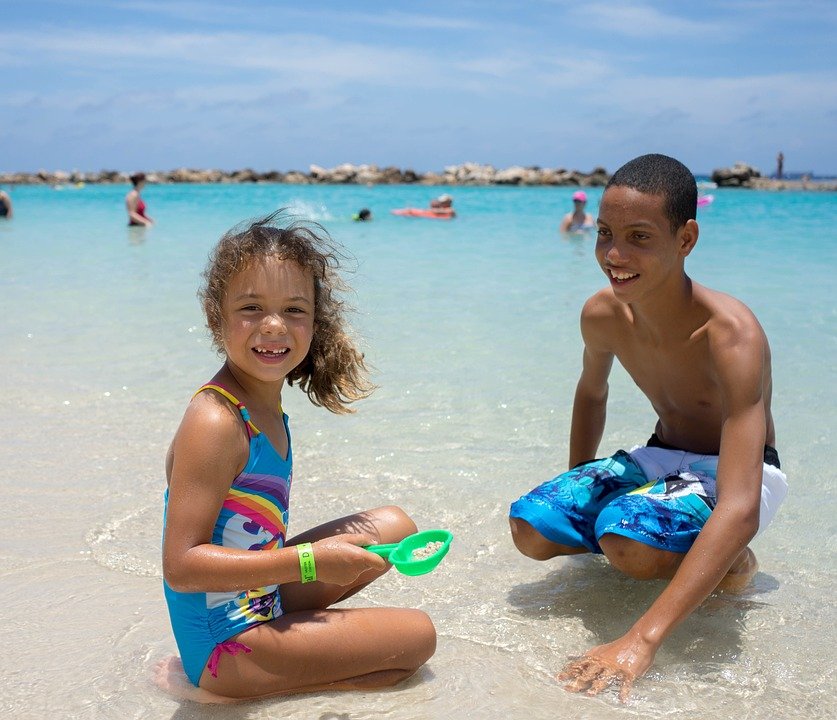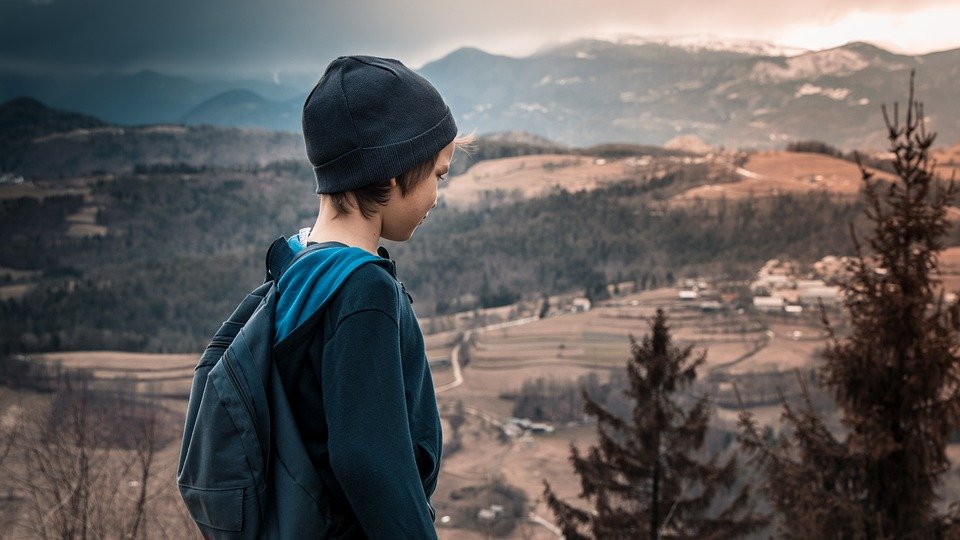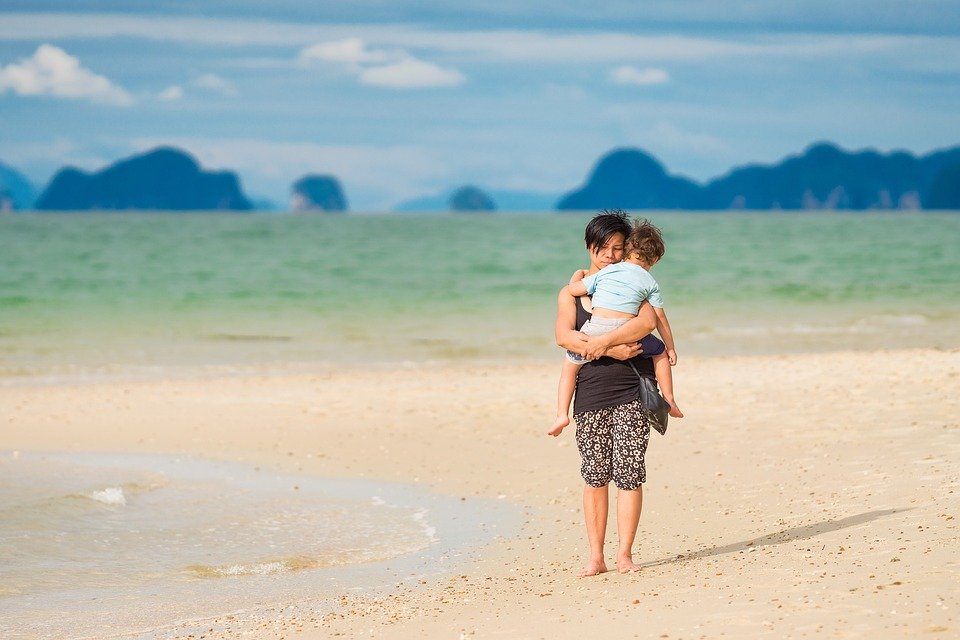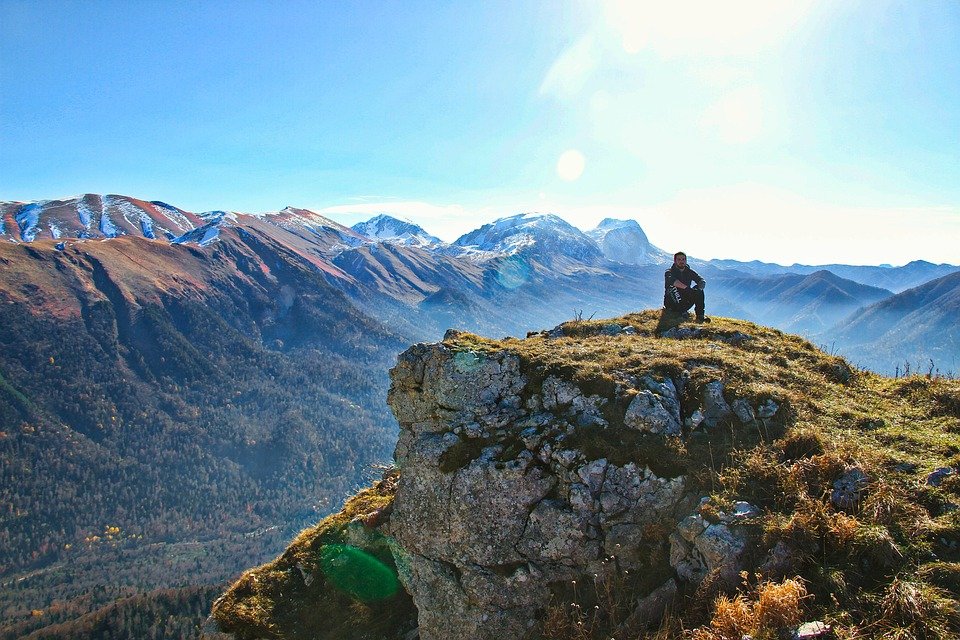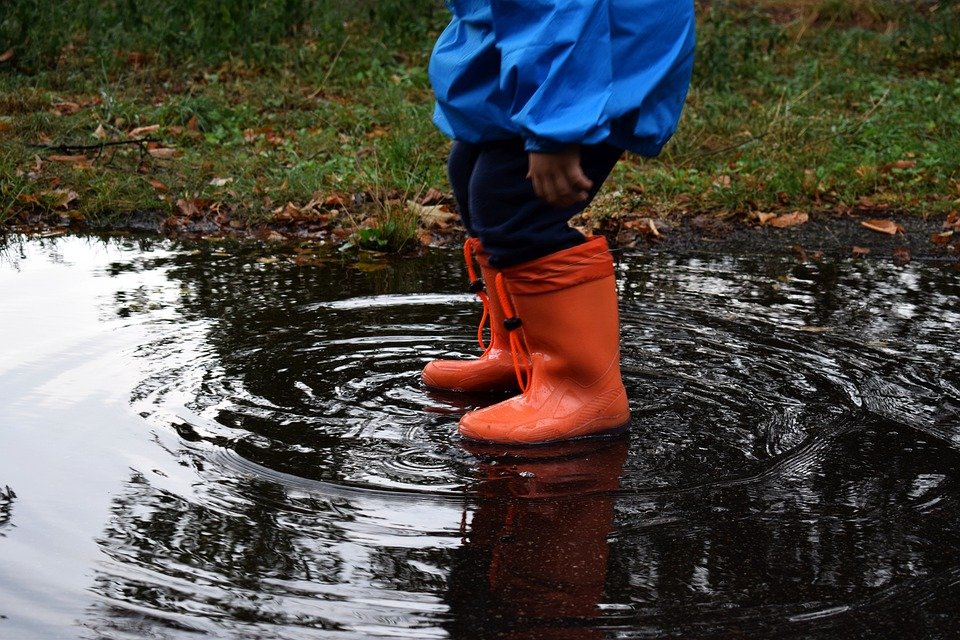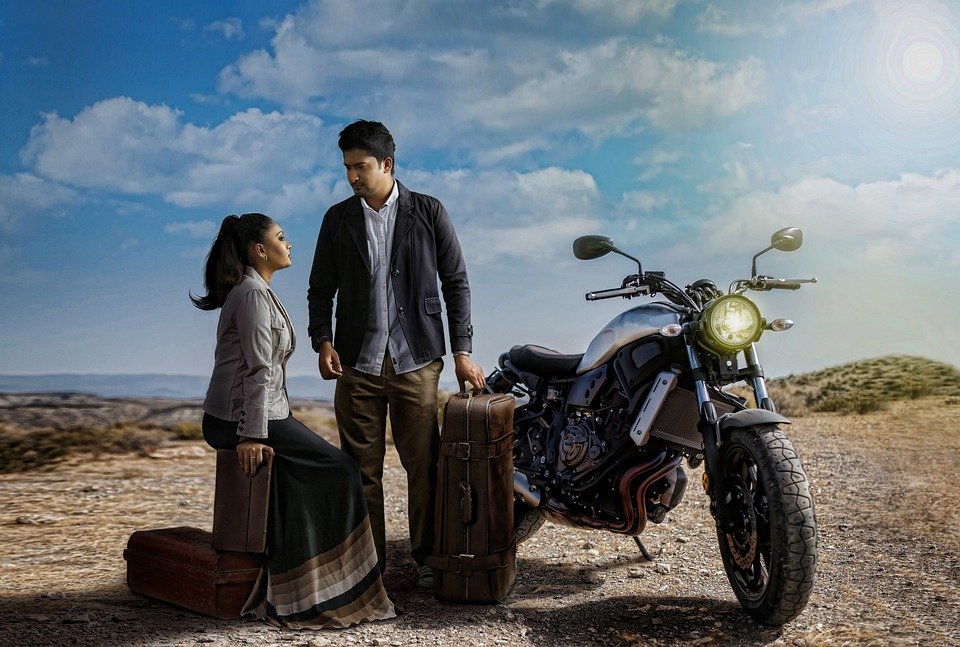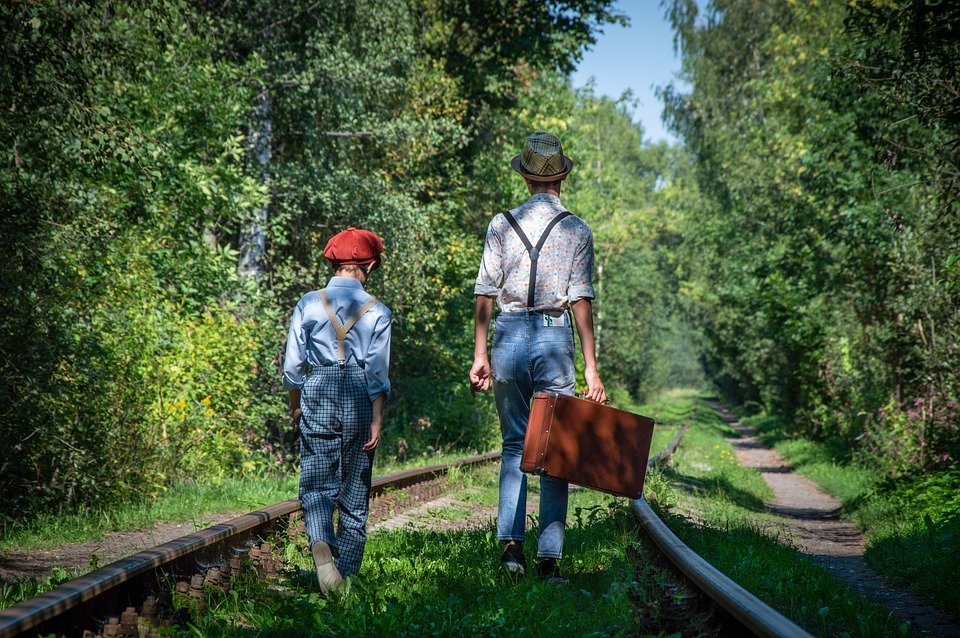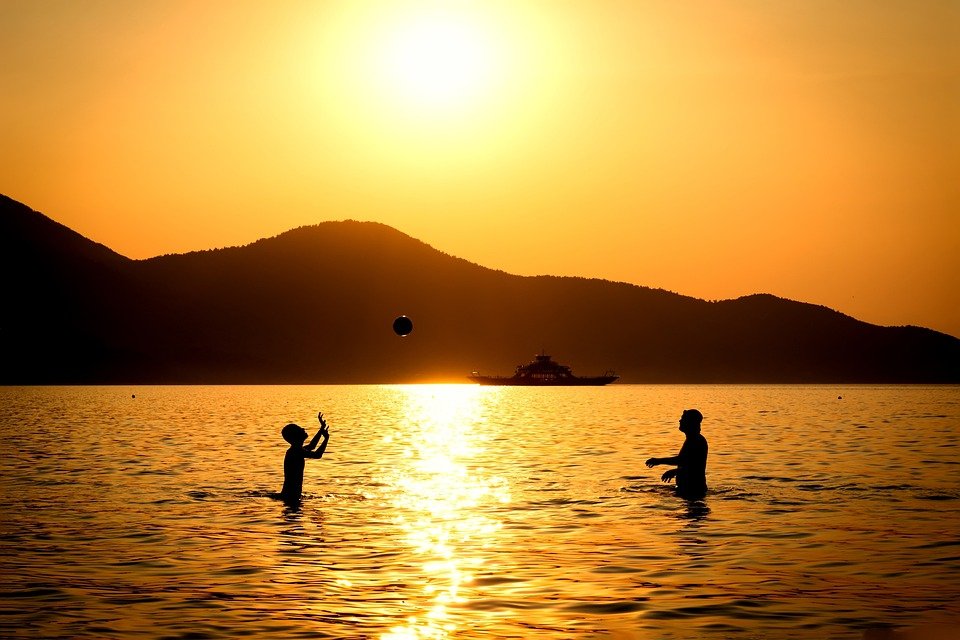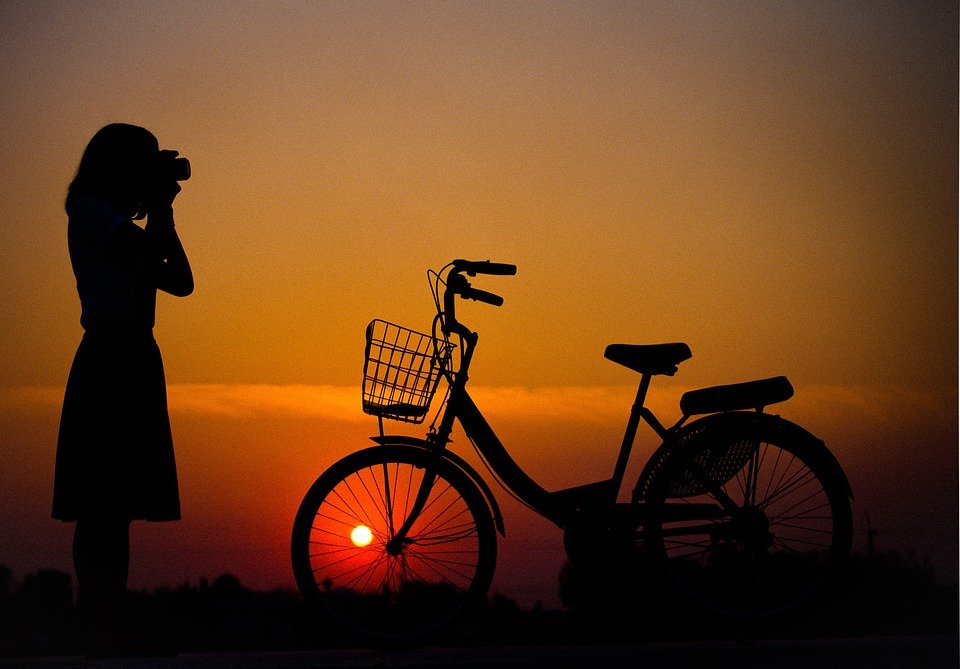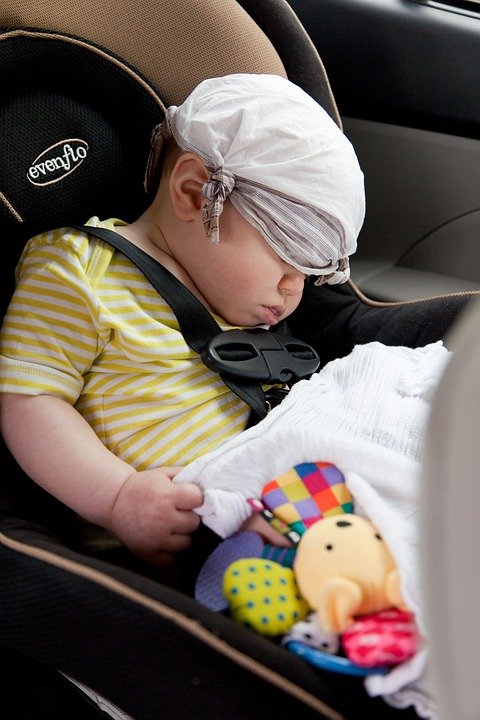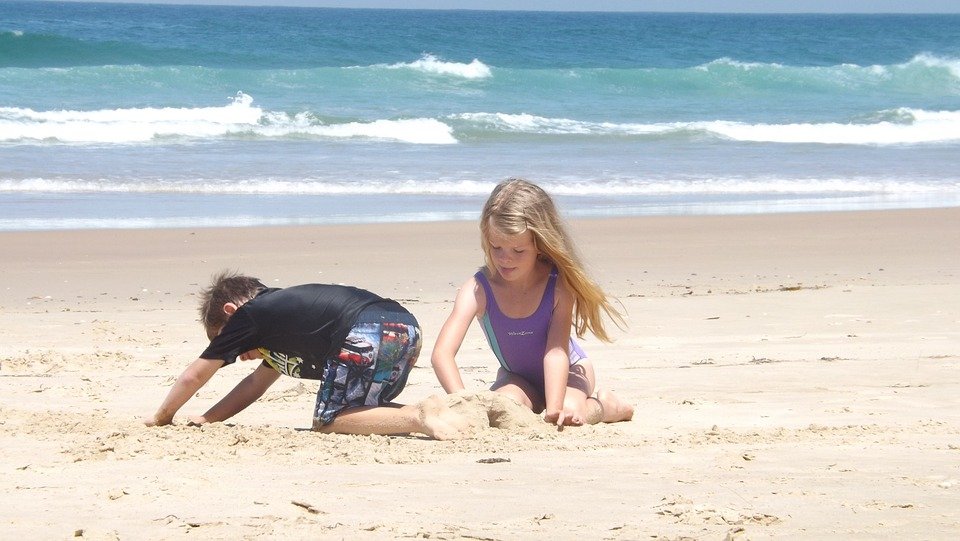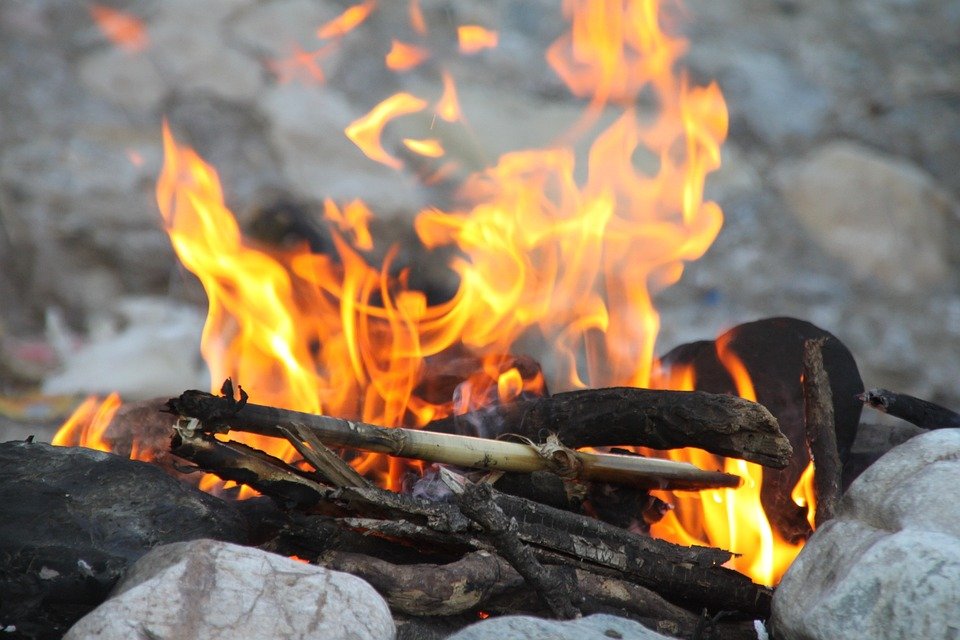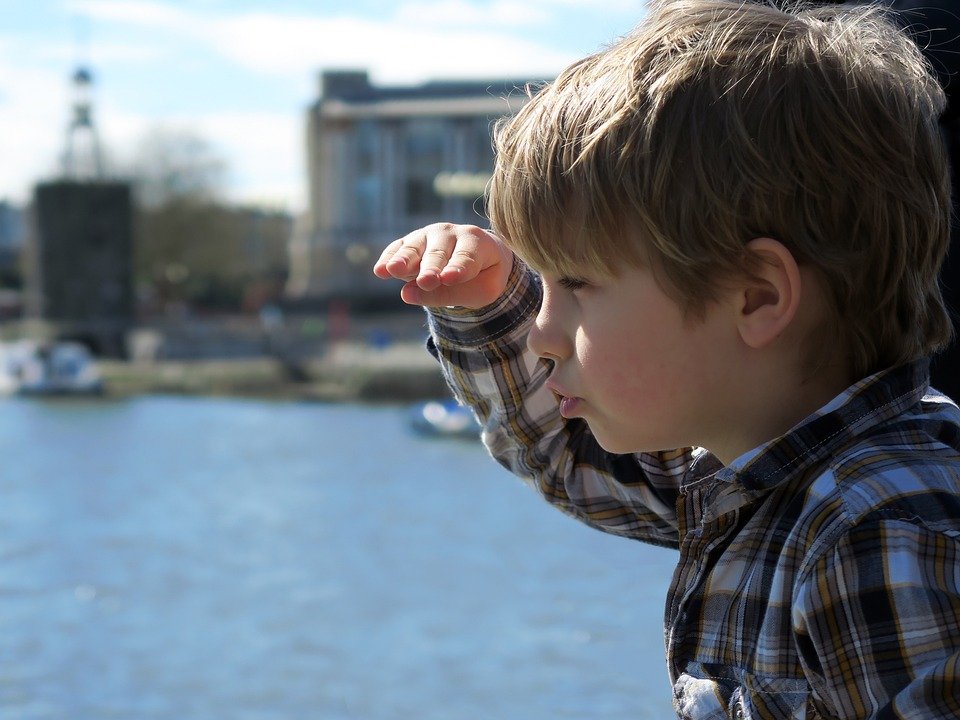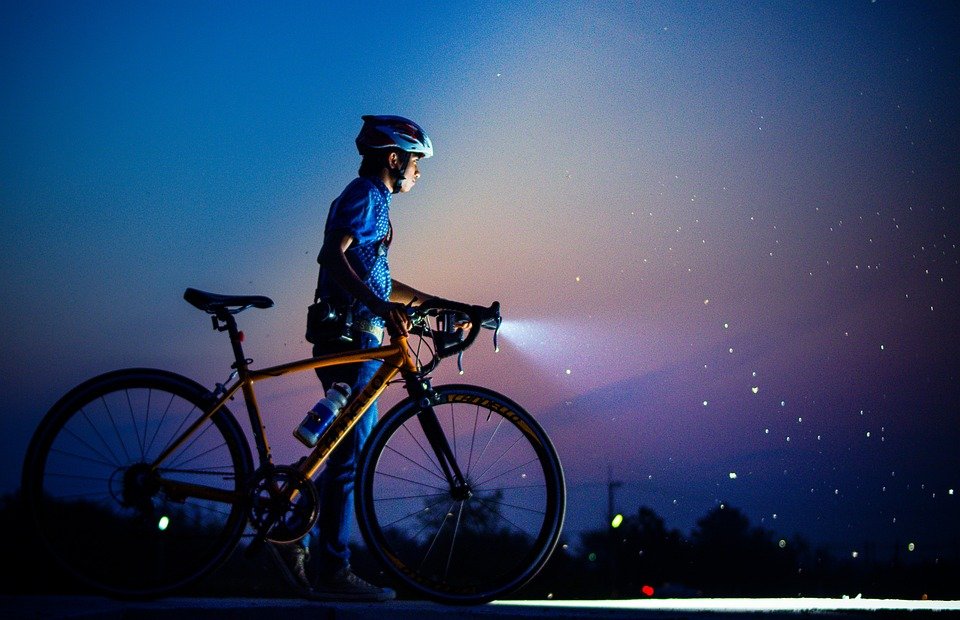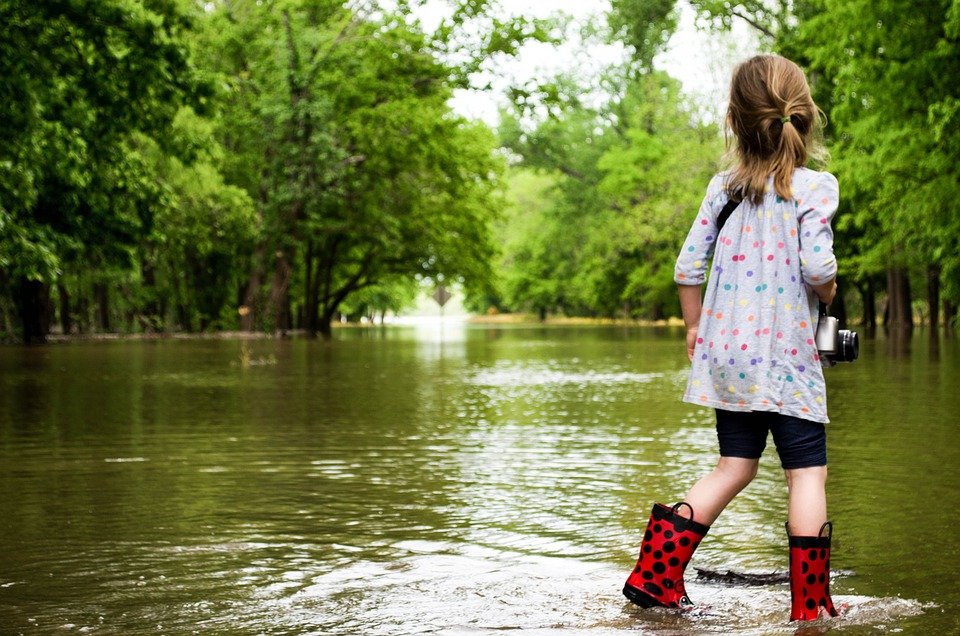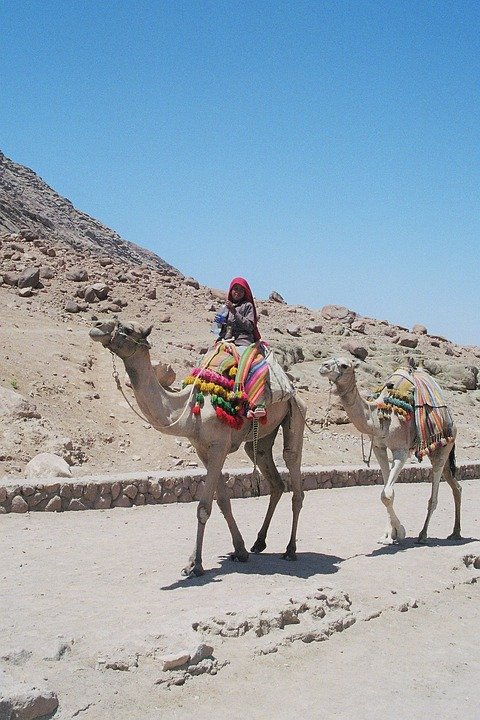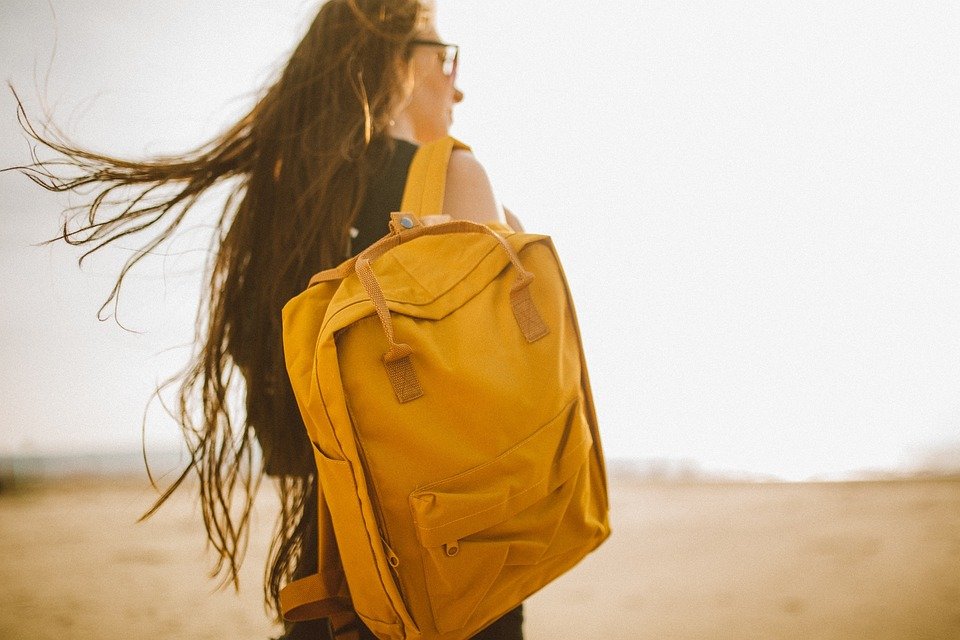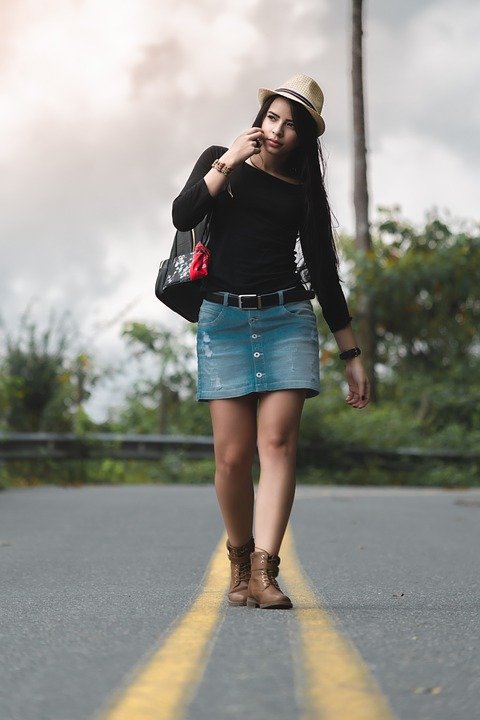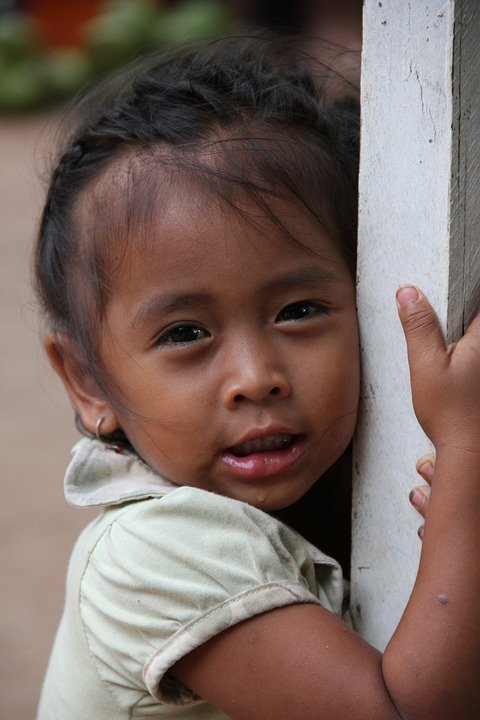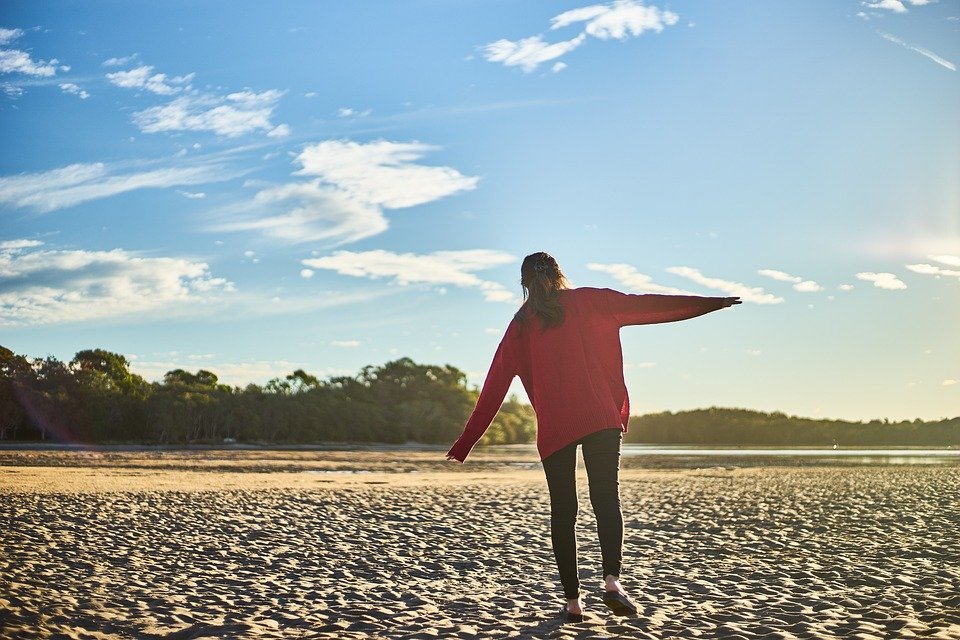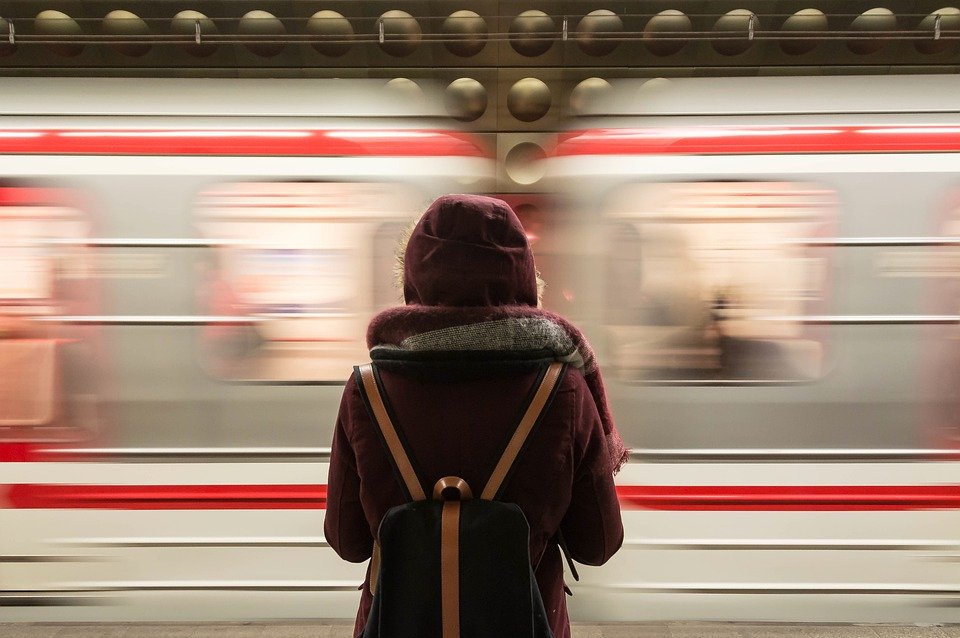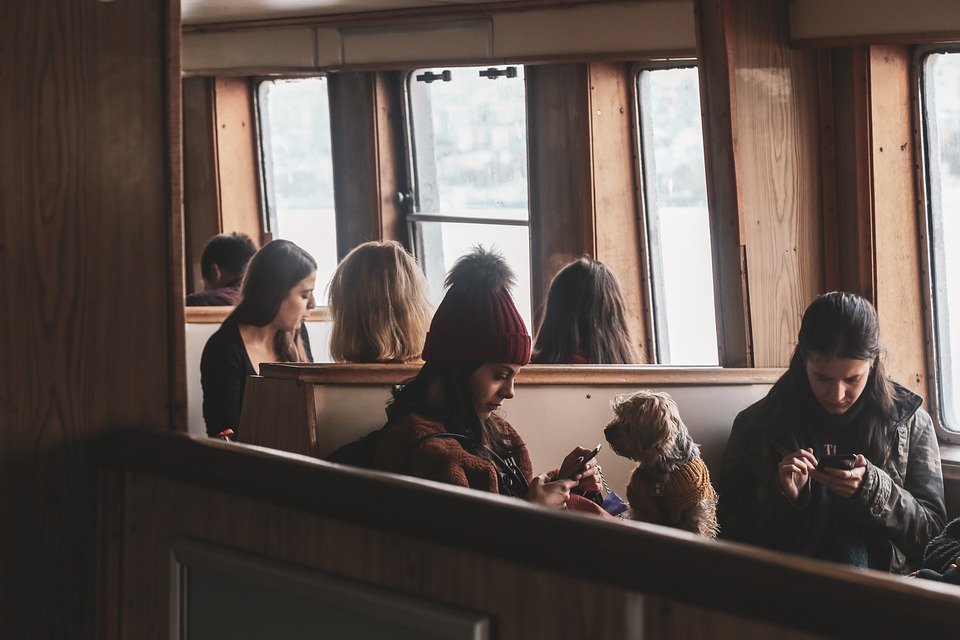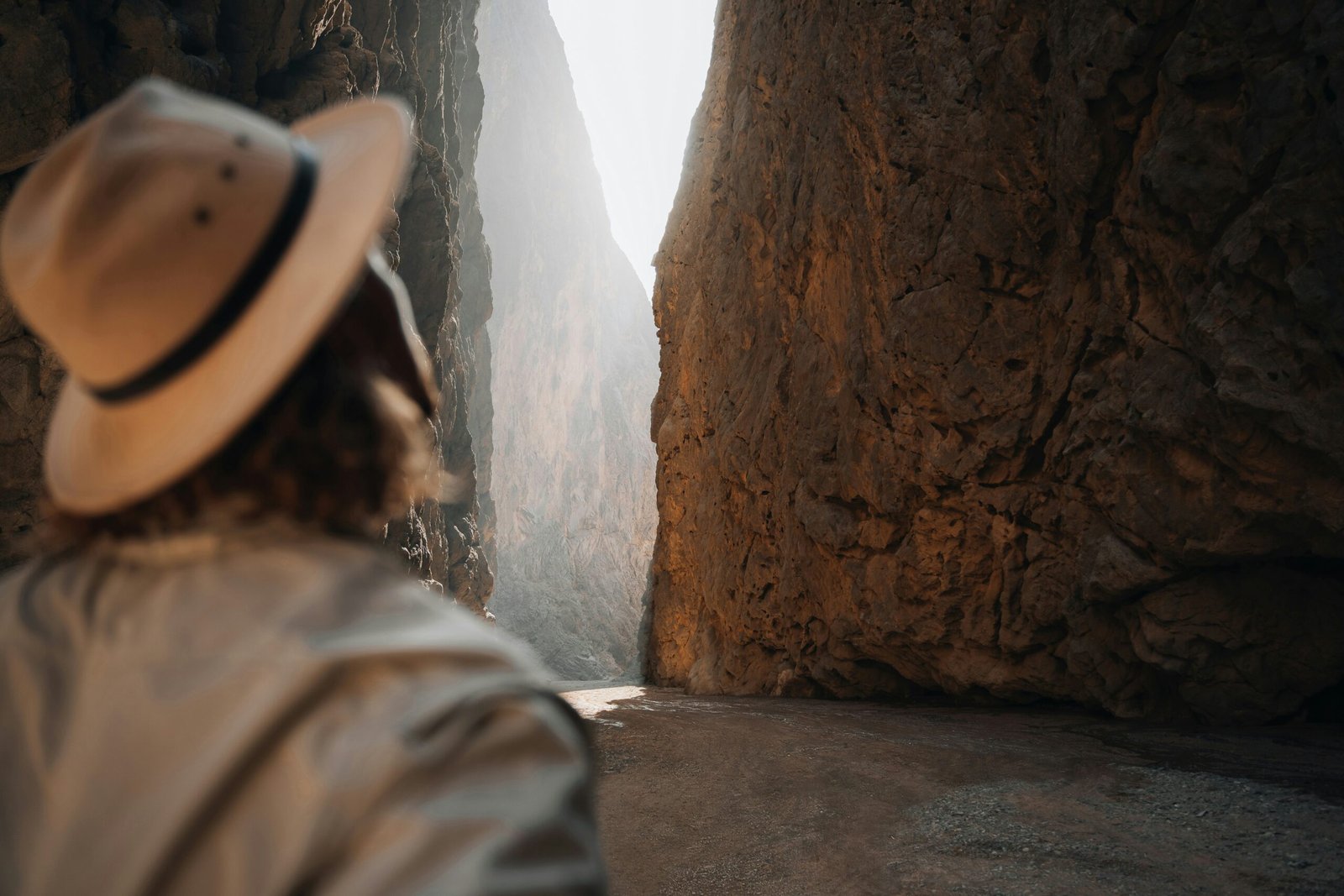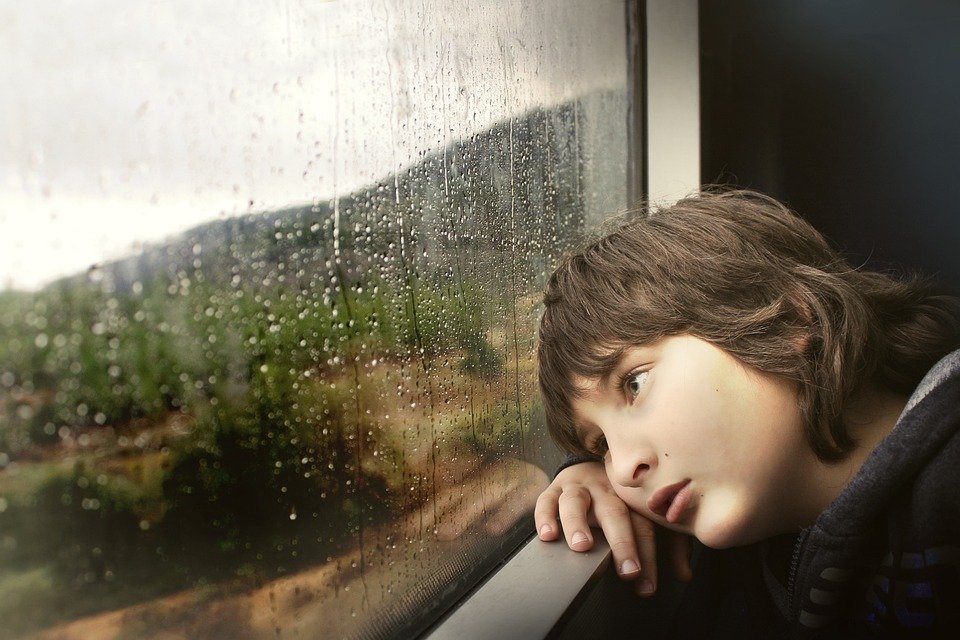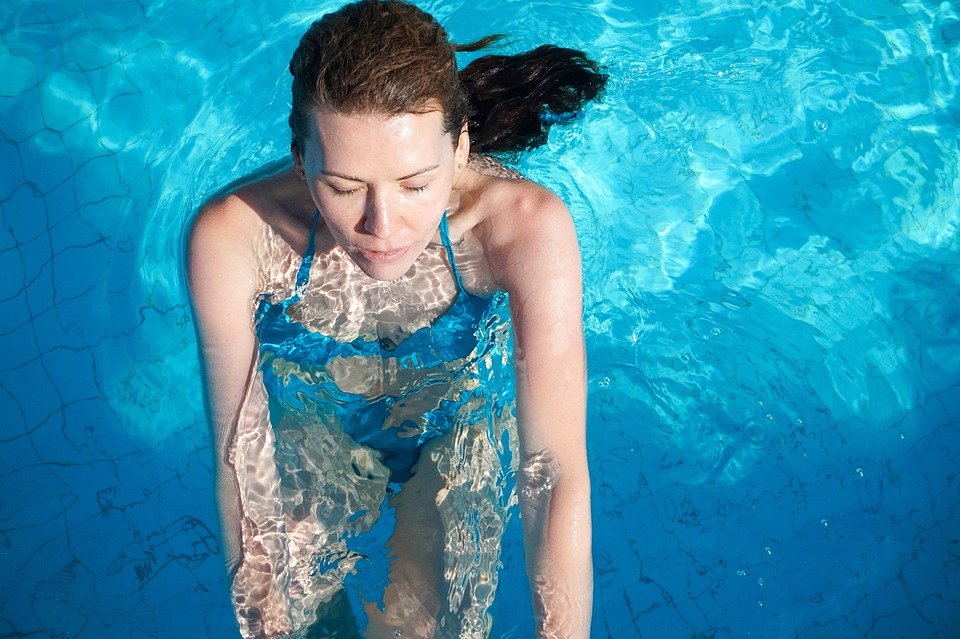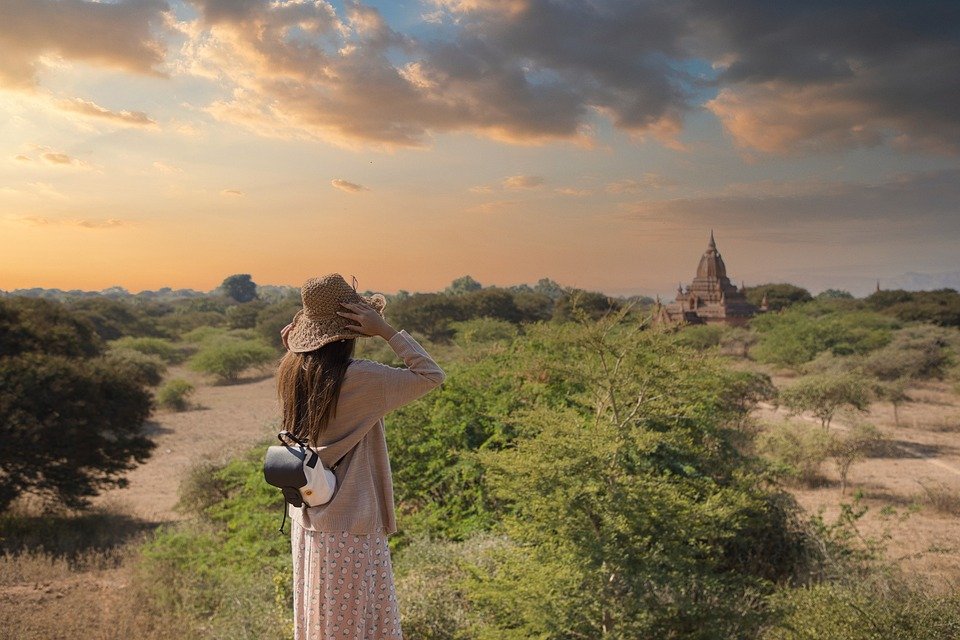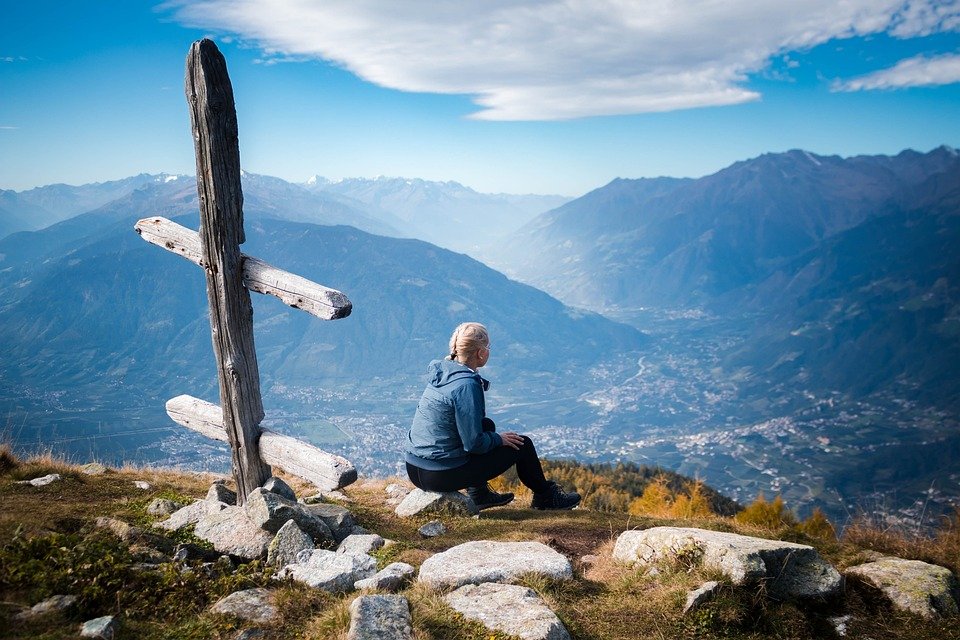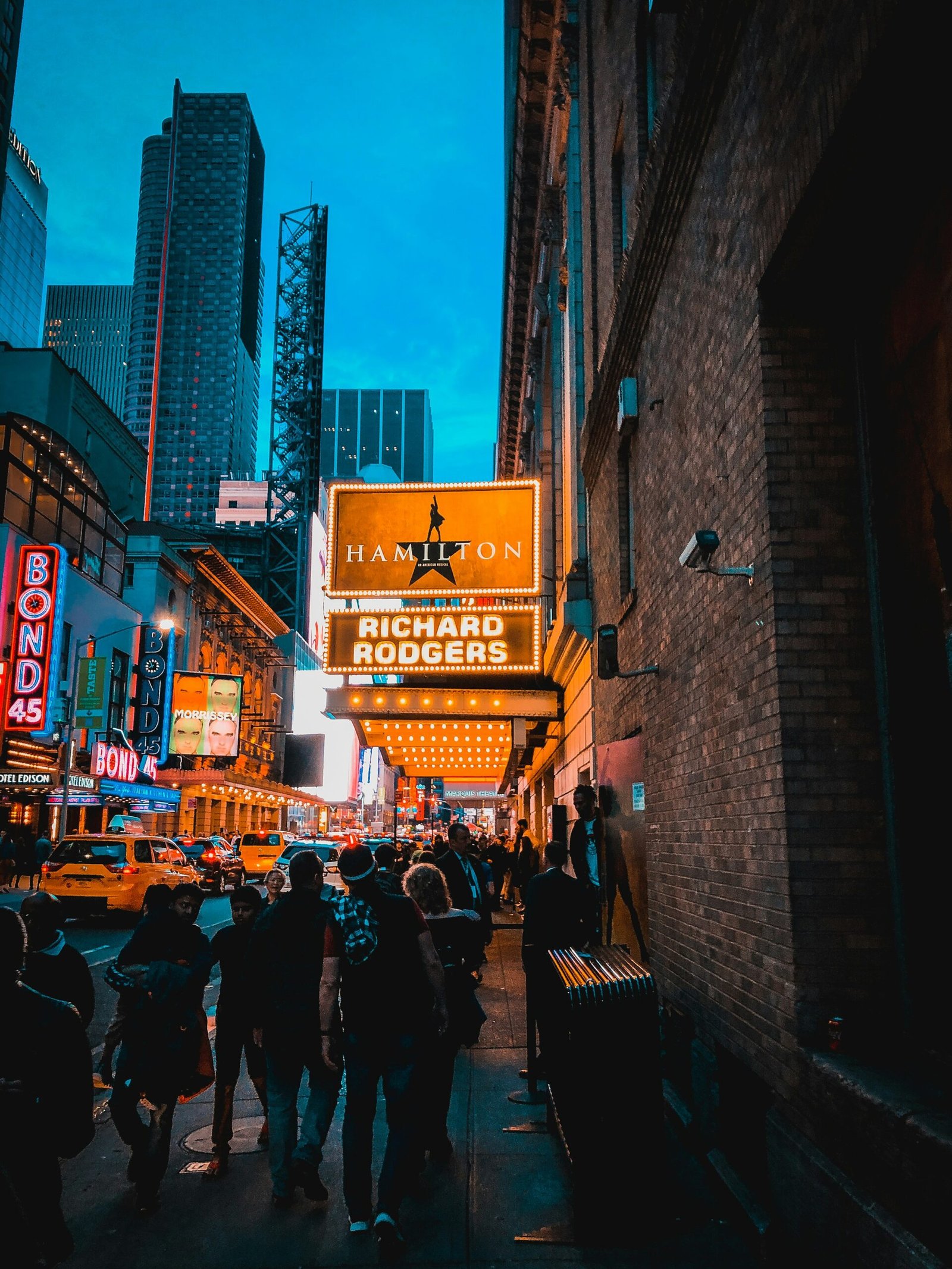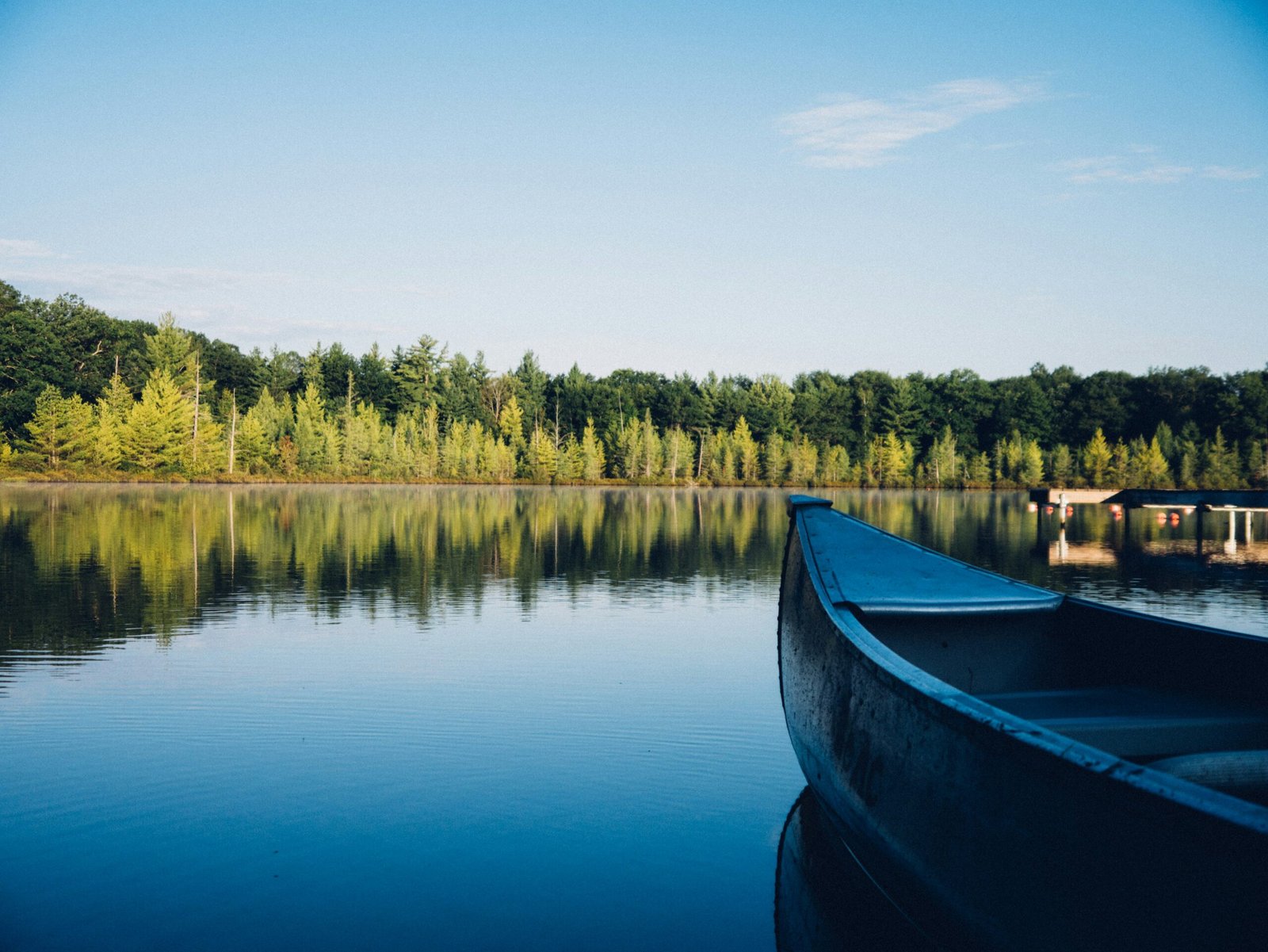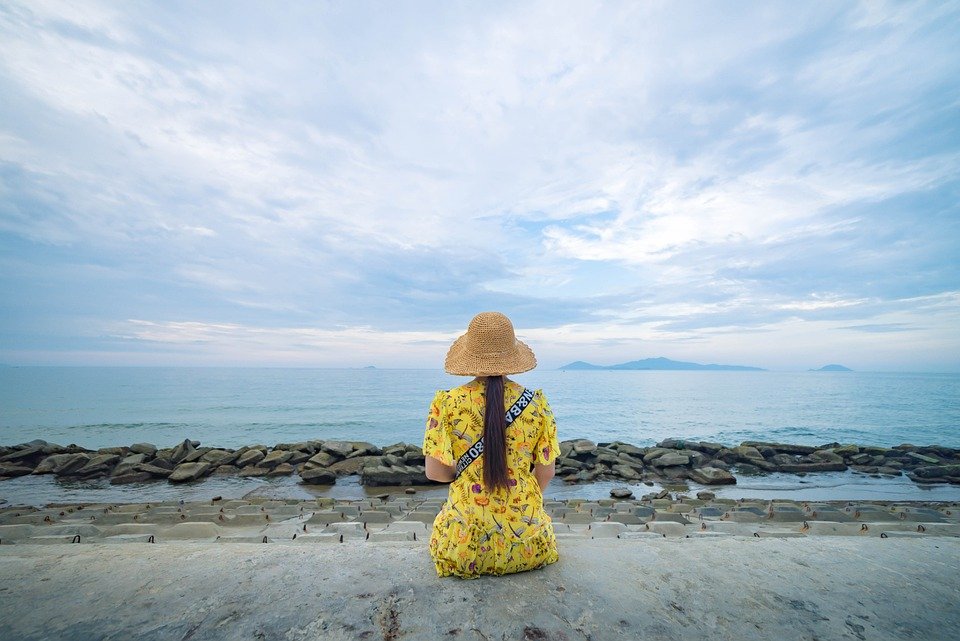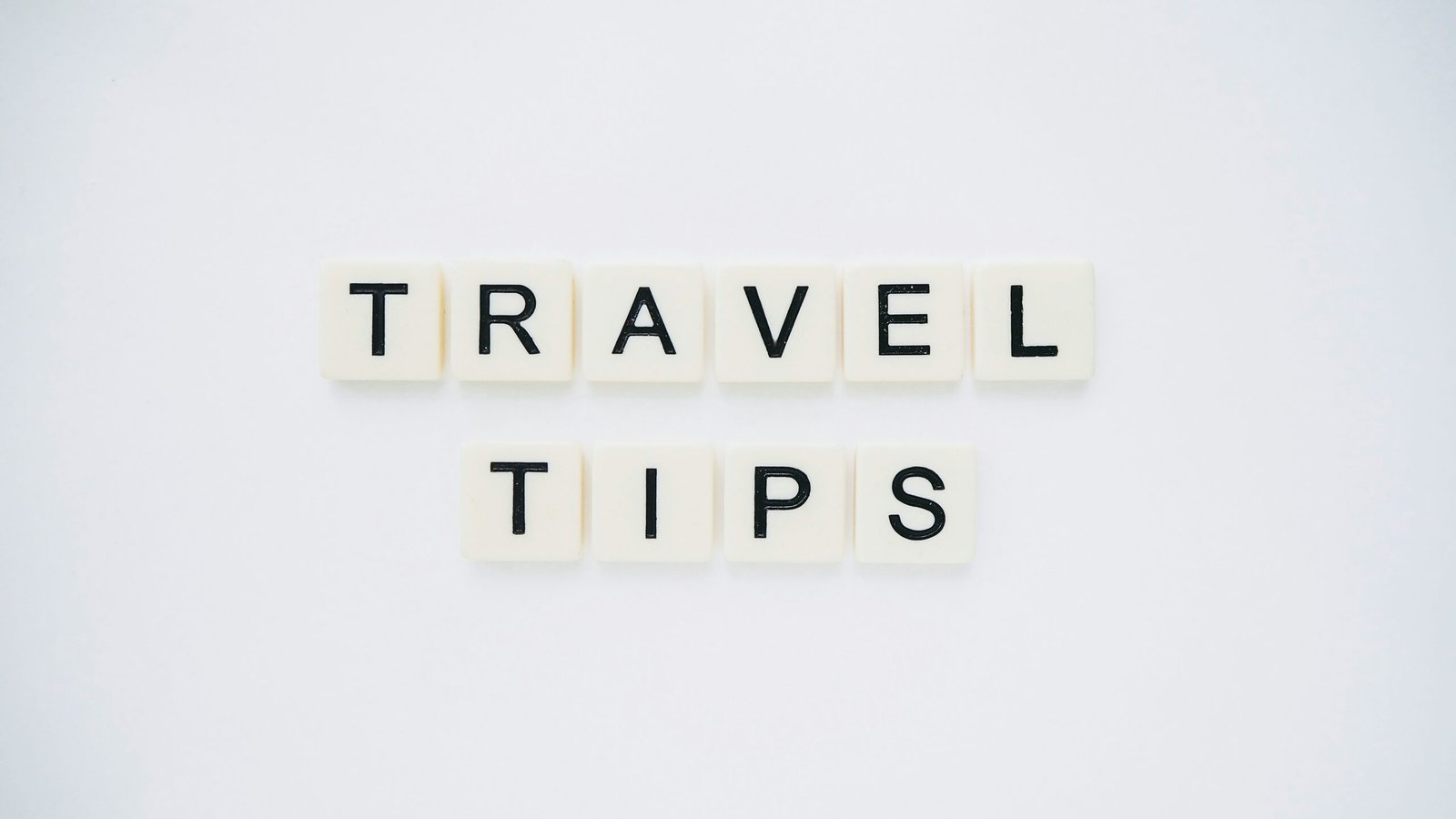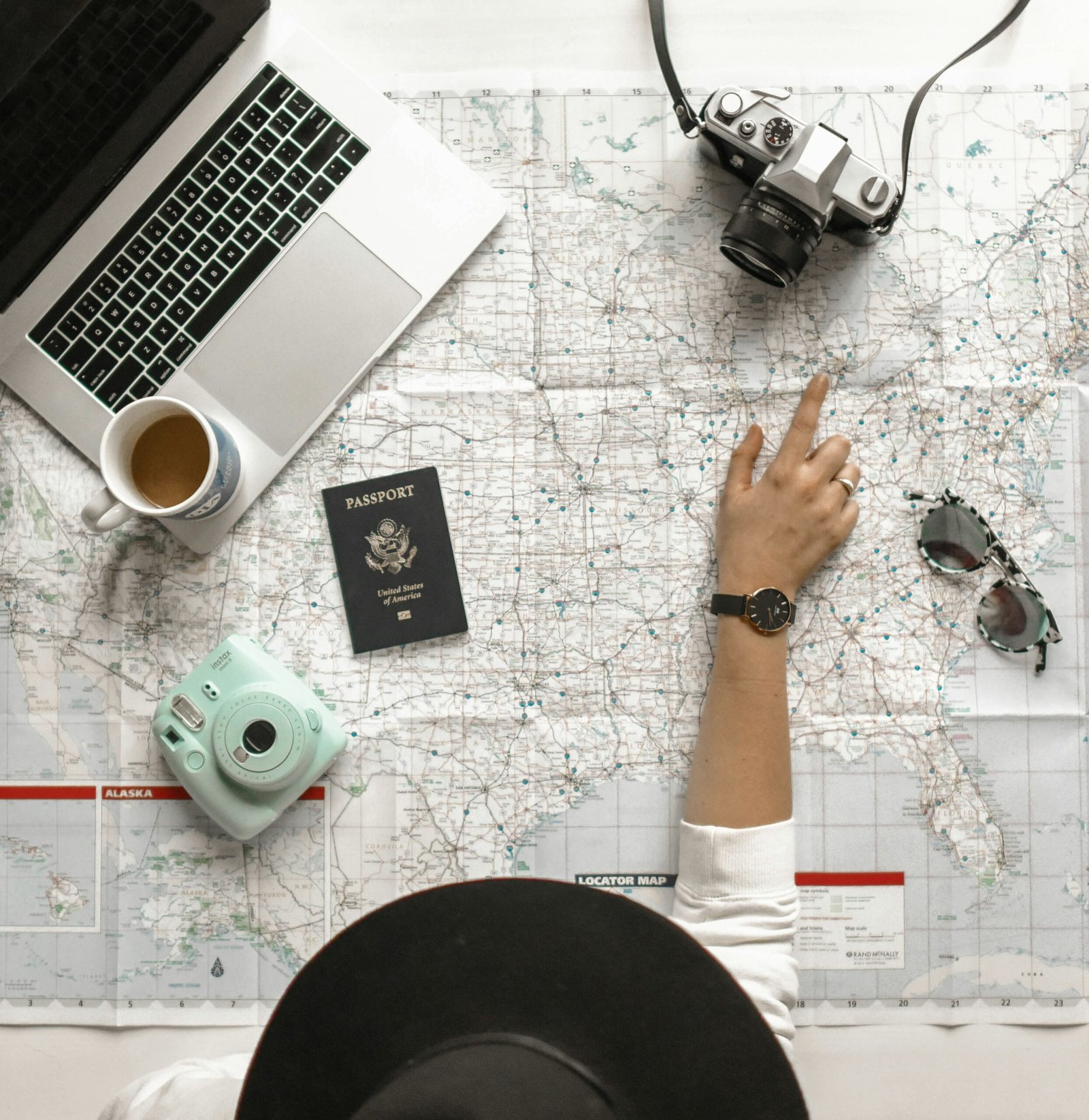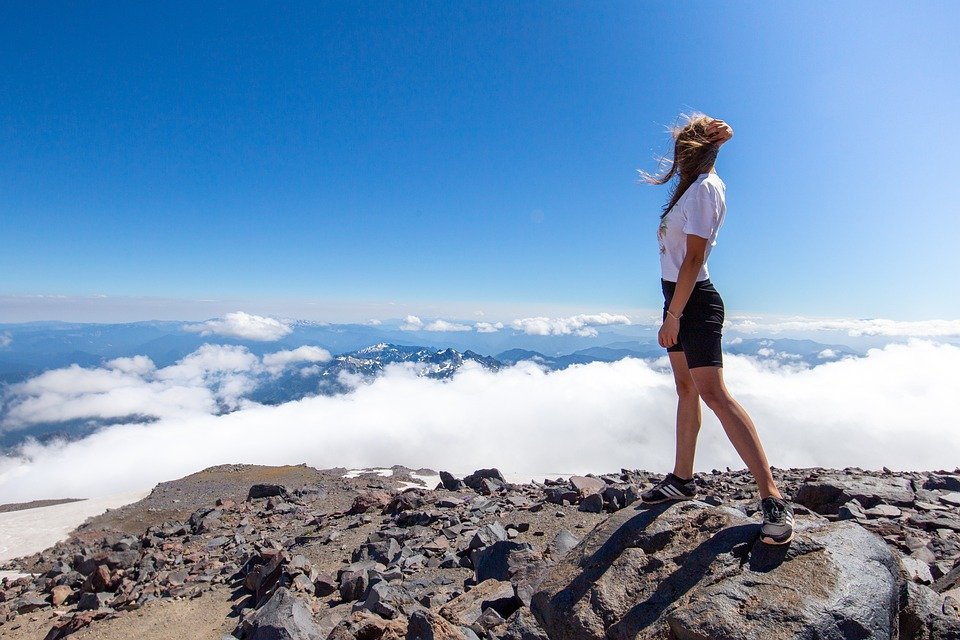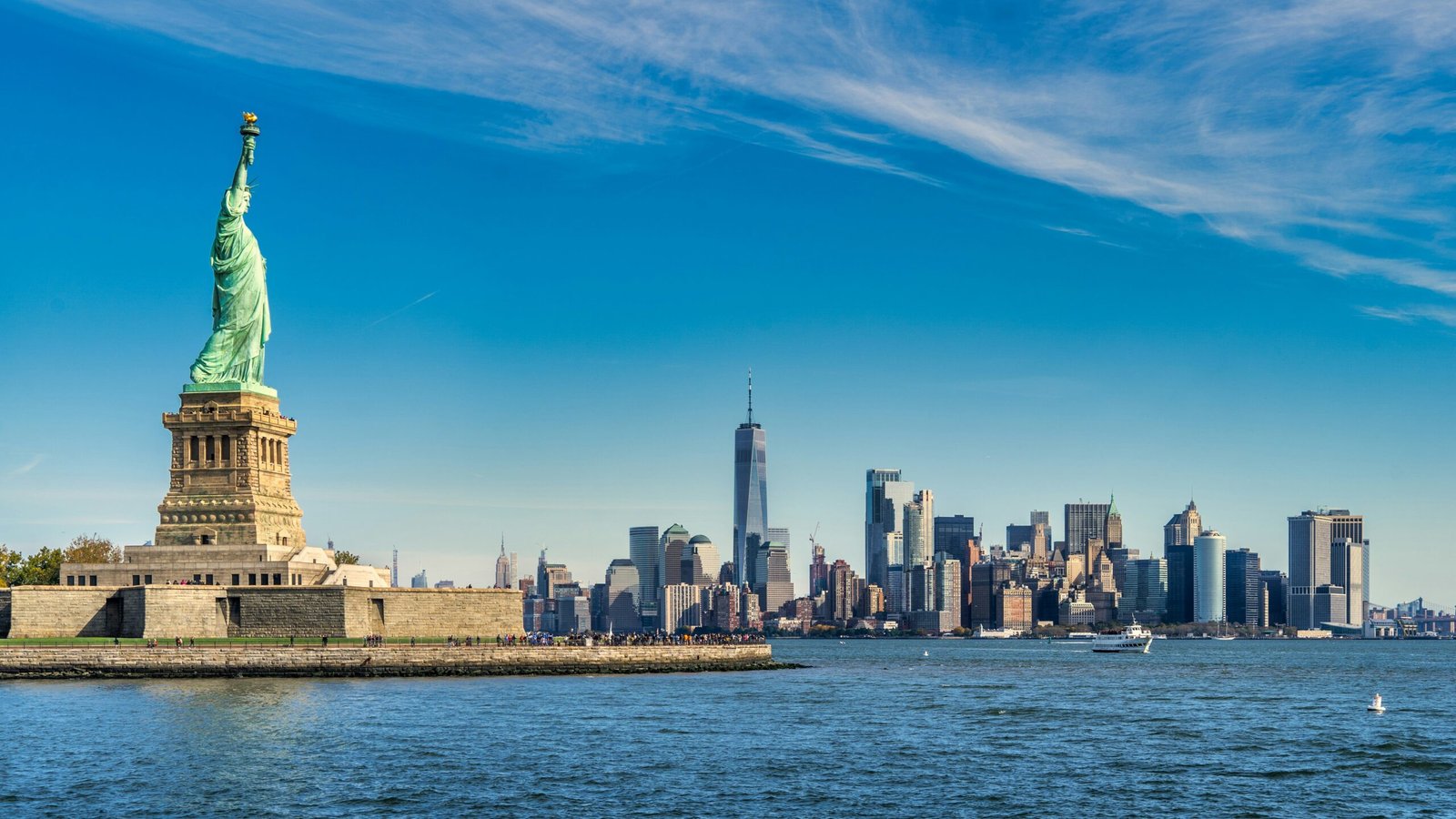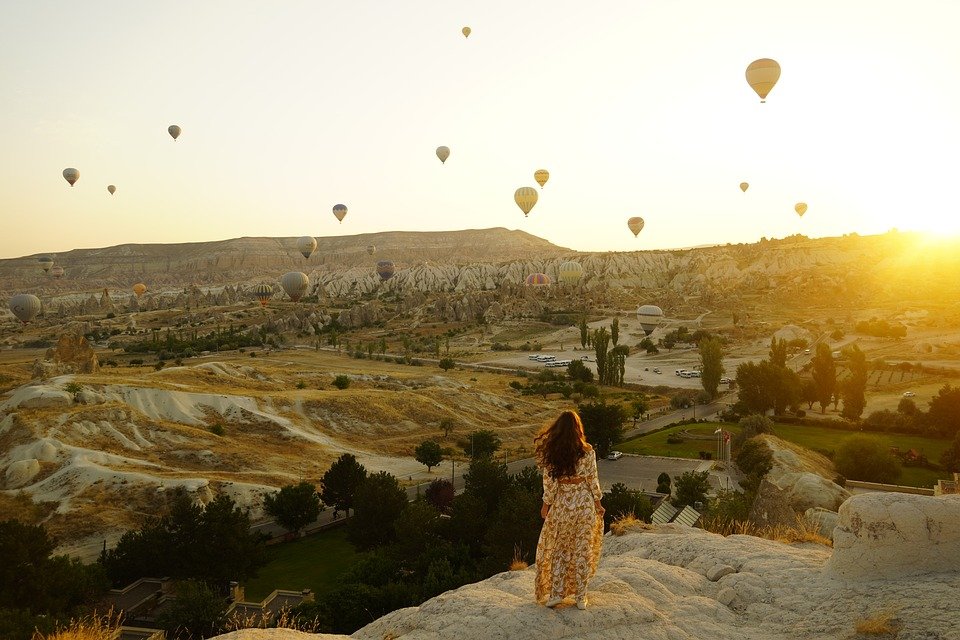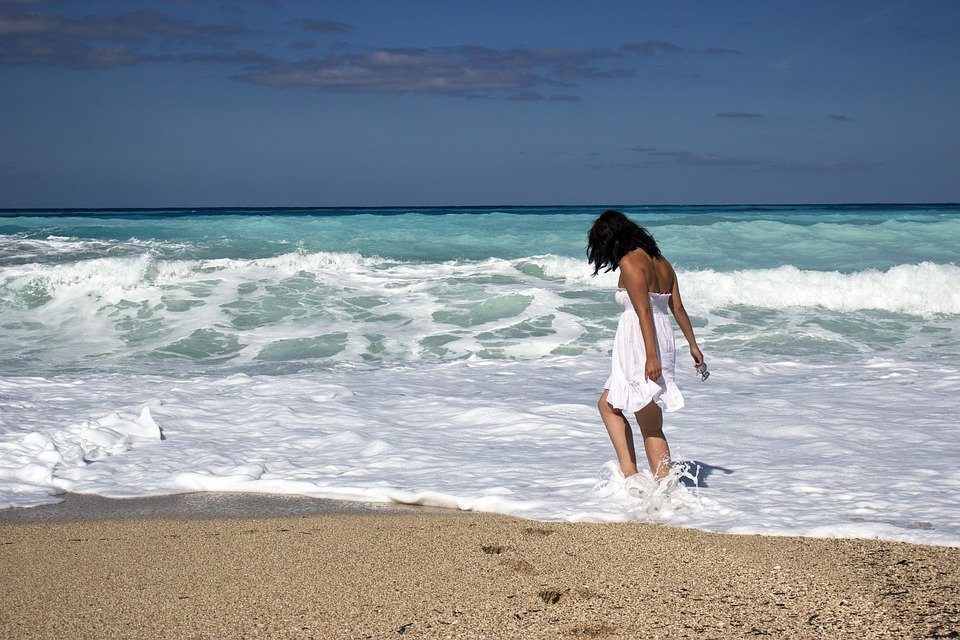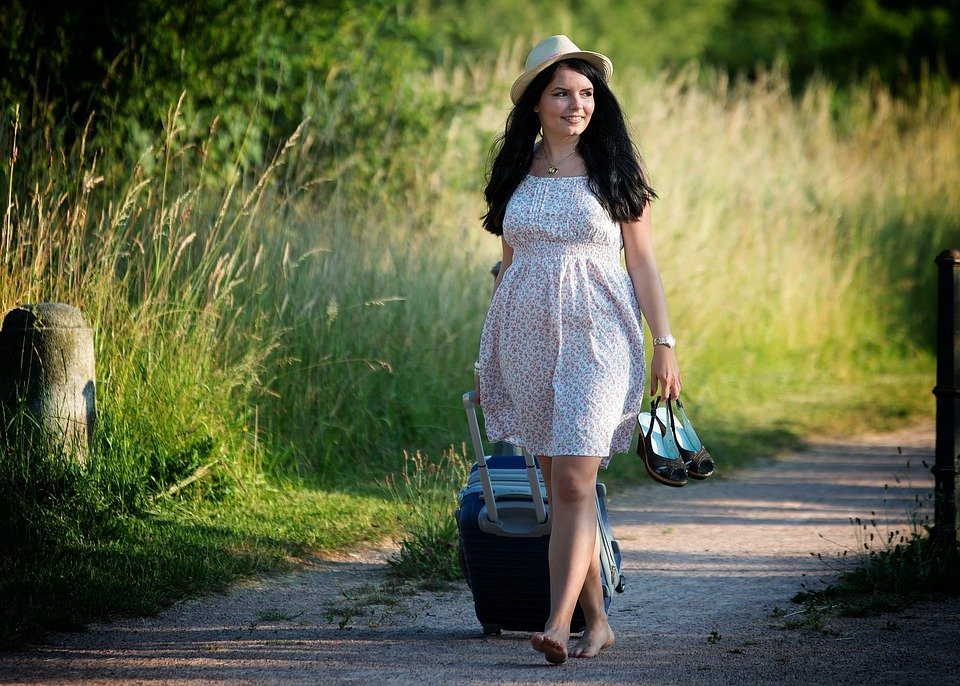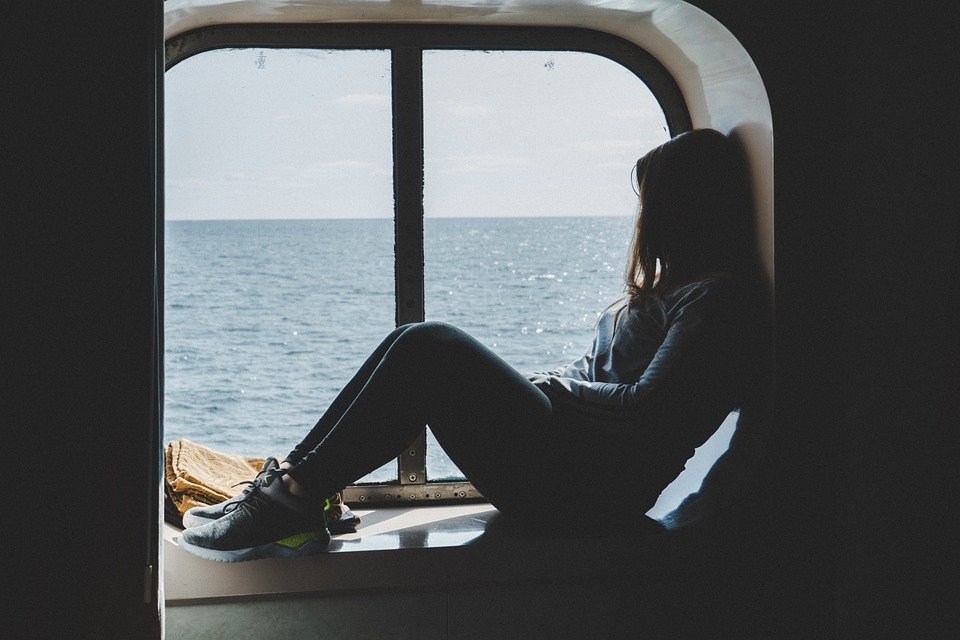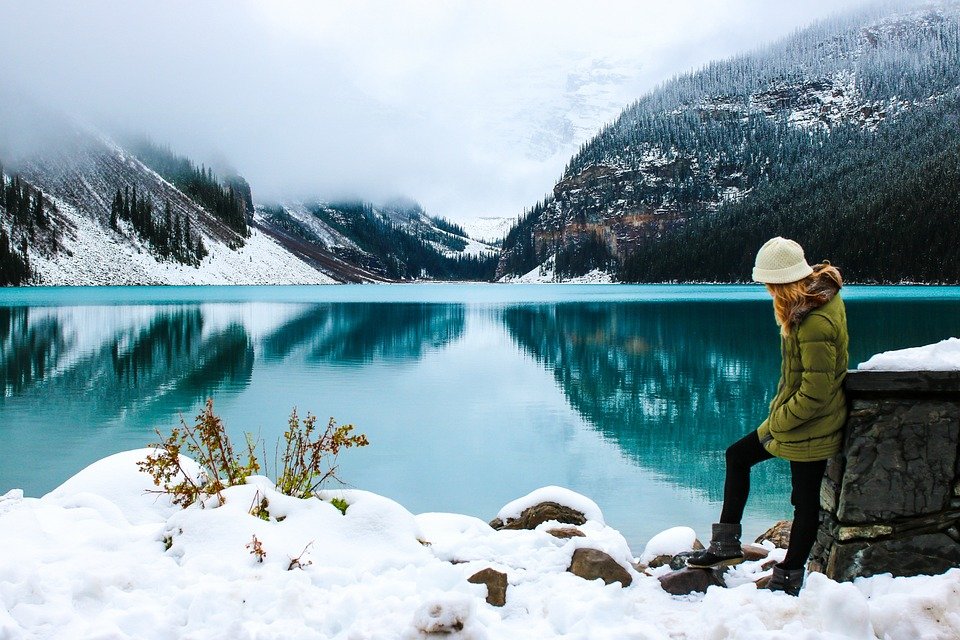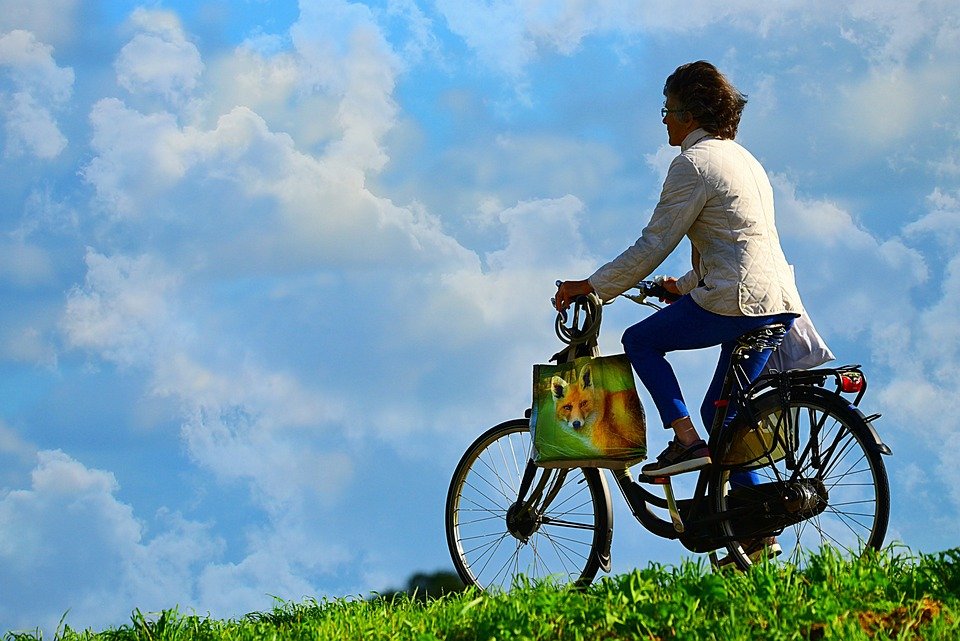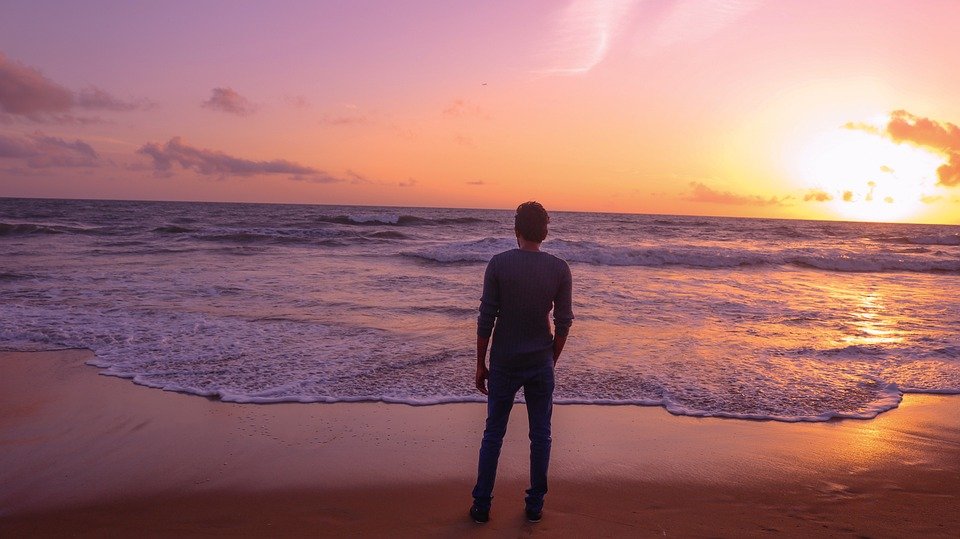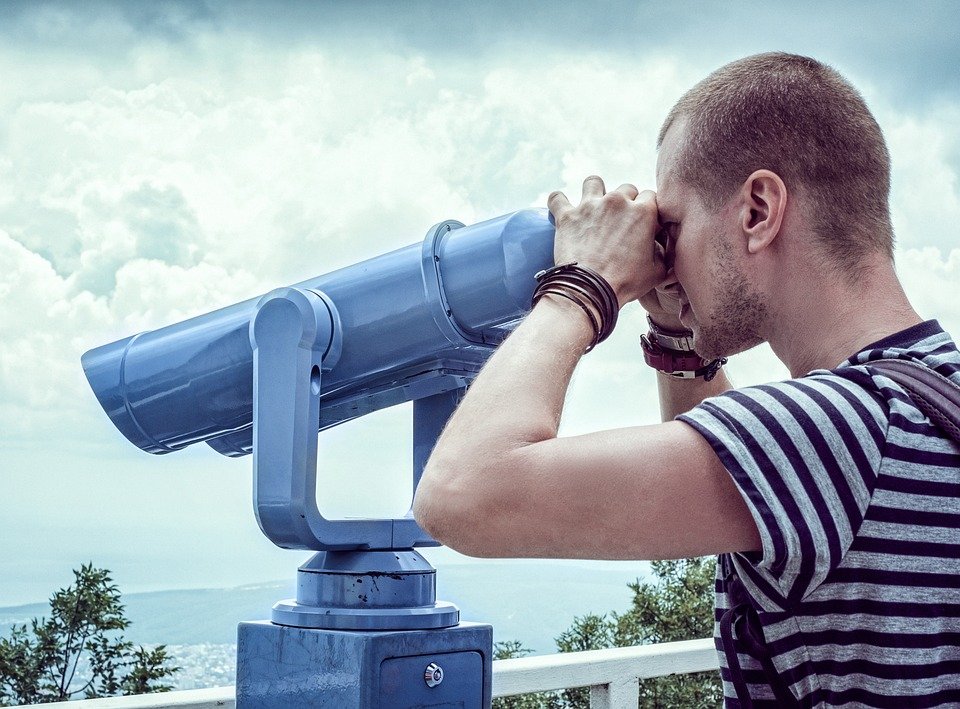What are the best activities and attractions to enjoy in Florida for an unforgettable spring break?

Description: This article provides essential travel tips for any globetrotter looking to have a hassle-free and memorable travel experience. From packing tips to safety precautions, this comprehensive guide covers everything you need to know before embarking on your next adventure.
1. How to Pack Efficiently for Your Trip
Packing efficiently is crucial for a stress-free travel experience. Start by making a packing list and sticking to it to avoid overpacking. Choose versatile clothing that can be mixed and matched to create different outfits. Roll your clothes instead of folding them to save space in your suitcase. Use packing cubes to keep your belongings organized and easily accessible. Don’t forget to pack essentials like toiletries, medications, and travel documents in your carry-on bag in case your checked luggage is lost.
When it comes to packing shoes, opt for comfortable and versatile options that can be worn with multiple outfits. Consider the weather and activities you’ll be doing during your trip to pack accordingly. Remember to leave some extra space in your luggage for souvenirs or any items you may purchase during your travels. Lastly, weigh your luggage before heading to the airport to avoid excess baggage fees.
2. Safety Tips for Traveling Abroad
Safety should be a top priority when traveling abroad. Research the destination you’re visiting beforehand to familiarize yourself with any potential risks or safety concerns. Register with your country’s embassy or consulate in the area to receive important updates and assistance in case of emergencies. Keep a copy of your passport, travel insurance, and emergency contacts in a secure location, separate from the originals.
Avoid drawing attention to yourself as a tourist by blending in with the locals and being mindful of your surroundings. Be cautious of pickpockets and scams in crowded tourist areas. Use caution when exploring unfamiliar neighborhoods, especially at night. Stay informed about the current political situation and any travel advisories for your destination. It’s always a good idea to have a backup plan in case of unexpected events during your travels.
3. How to Stay Healthy While Traveling
Staying healthy while traveling is essential to enjoying your trip to the fullest. Stay hydrated by drinking plenty of water, especially in hot or humid climates. Pack essential medications in your carry-on bag in case you need them during your journey. Wash your hands frequently to prevent the spread of germs and carry hand sanitizer for times when soap and water are not available.
Maintain a balanced diet by trying local, fresh foods while also being cautious of food safety practices in different countries. Exercise regularly by taking long walks, hiking, or exploring the local area on foot. Get enough rest and prioritize sleep to keep your energy levels up during your travels. If you’re traveling to a high-altitude destination, allow your body time to acclimatize to prevent altitude sickness.
4. Tips for Budget-Friendly Travel
Traveling on a budget doesn’t have to mean sacrificing comfort or missing out on memorable experiences. Start by setting a realistic travel budget that includes expenses for transportation, accommodation, meals, activities, and souvenirs. Look for budget-friendly accommodation options like hostels, guesthouses, or vacation rentals instead of pricey hotels.
Save money on transportation by using public transit, walking, or renting a bike instead of relying on expensive taxis or rideshare services. Take advantage of free or discounted attractions, museum days, and local festivals to explore the destination without breaking the bank. Be flexible with your travel dates and consider traveling during the off-peak season to save money on flights and accommodations. Shop at local markets or grocery stores to try out affordable and delicious local cuisine.
5. Environmental Tips for Responsible Travel
As a responsible traveler, it’s important to minimize your environmental impact and support sustainable travel practices. Reduce your carbon footprint by choosing eco-friendly transportation options like taking trains or buses instead of flights. Use a reusable water bottle and refill it at water fountains or refill stations to reduce plastic waste. Say no to single-use plastics and opt for reusable bags, utensils, and straws when shopping or dining.
Support local businesses and artisans by purchasing handmade souvenirs instead of mass-produced items. Respect wildlife and natural habitats by observing animals from a safe distance and refraining from feeding them. Follow designated trails and adhere to local regulations when exploring national parks or protected areas. Educate yourself about the environmental issues facing the destination you’re visiting and support conservation efforts through donations or volunteer work.
Conclusion:
To sum up, traveling can be a rewarding and enriching experience if you’re well-prepared and mindful of your surroundings. By following these essential travel tips, you can have a safe, enjoyable, and memorable trip. Remember to pack efficiently, prioritize safety, stay healthy, stick to your budget, and practice responsible travel habits wherever you go. Bon voyage!
FAQs:
Q: Do I need travel insurance for my trip?
A: Travel insurance is highly recommended for any trip, as it can provide coverage for medical emergencies, trip cancellations, lost luggage, and other unforeseen events that may occur during your travels.
Q: How far in advance should I book my flights and accommodations?
A: It’s recommended to book flights and accommodations at least a few months in advance to secure the best prices and availability, especially during peak travel seasons.
Q: What should I do in case of a travel emergency?
A: In case of a travel emergency, contact your travel insurance provider, embassy or consulate, and emergency services in the area for assistance and guidance on how to handle the situation.
Q: How can I prevent jet lag while traveling across different time zones?
A: To minimize jet lag, adjust your sleep schedule a few days before your trip, stay hydrated, avoid alcohol and caffeine, and get some natural sunlight upon arrival to help your body adjust to the new time zone.
Q: Are there any additional resources I can use to plan my trip?
A: Yes, there are plenty of online resources available for travelers, including travel blogs, forums, apps, and social media platforms where you can find helpful tips, recommendations, and advice from fellow travelers.


 English
English 
